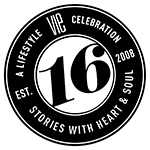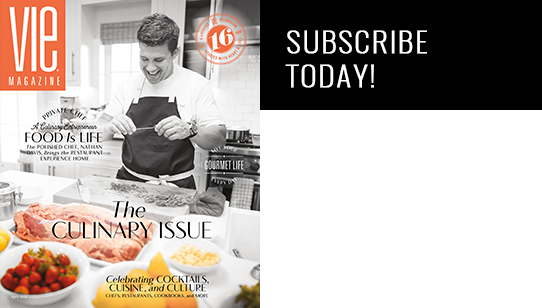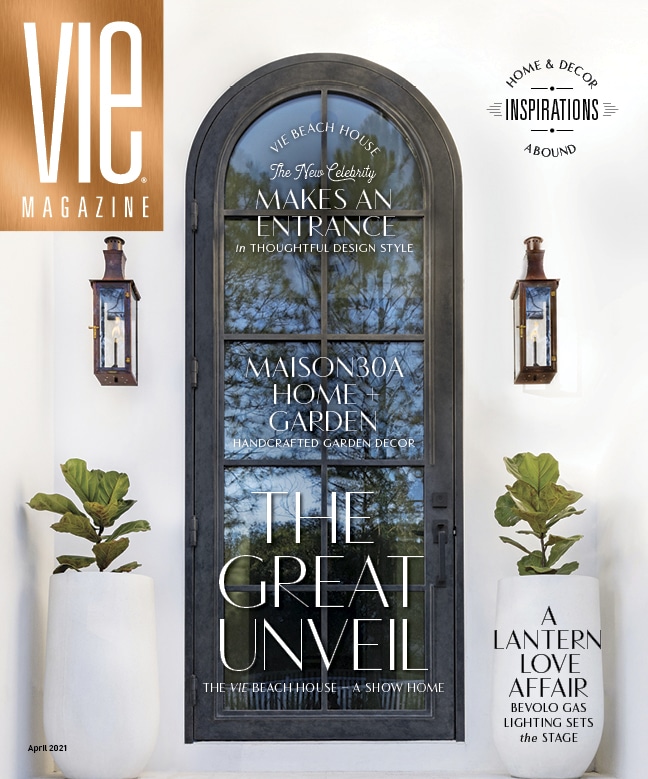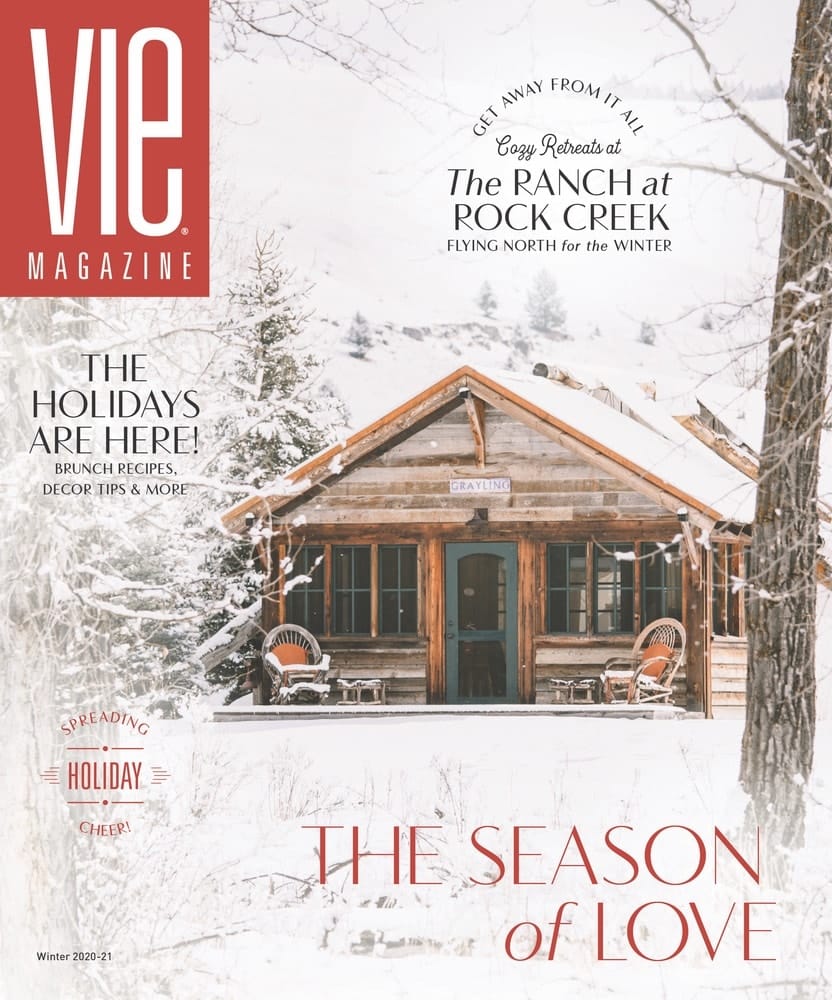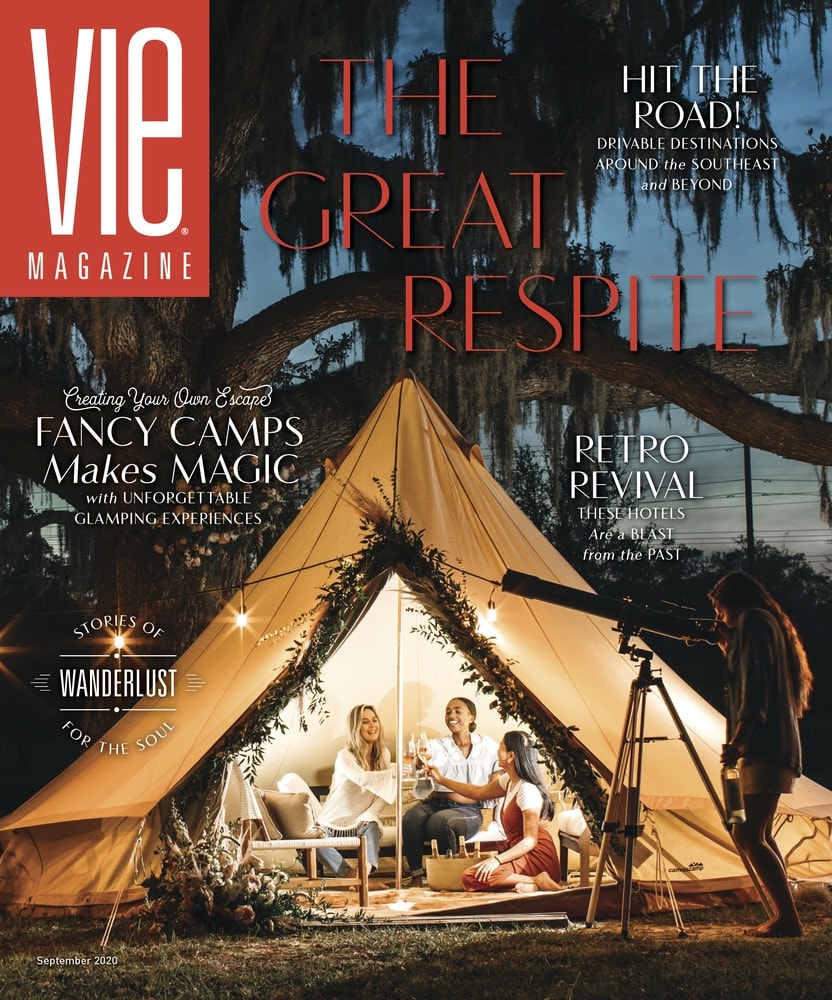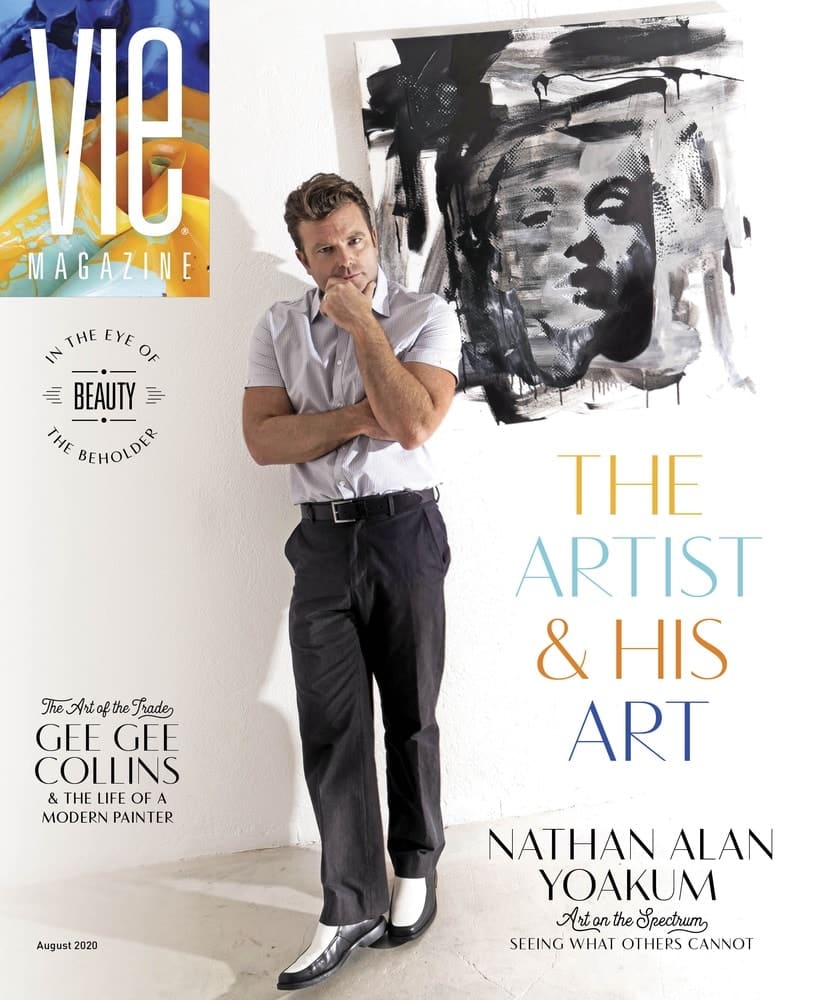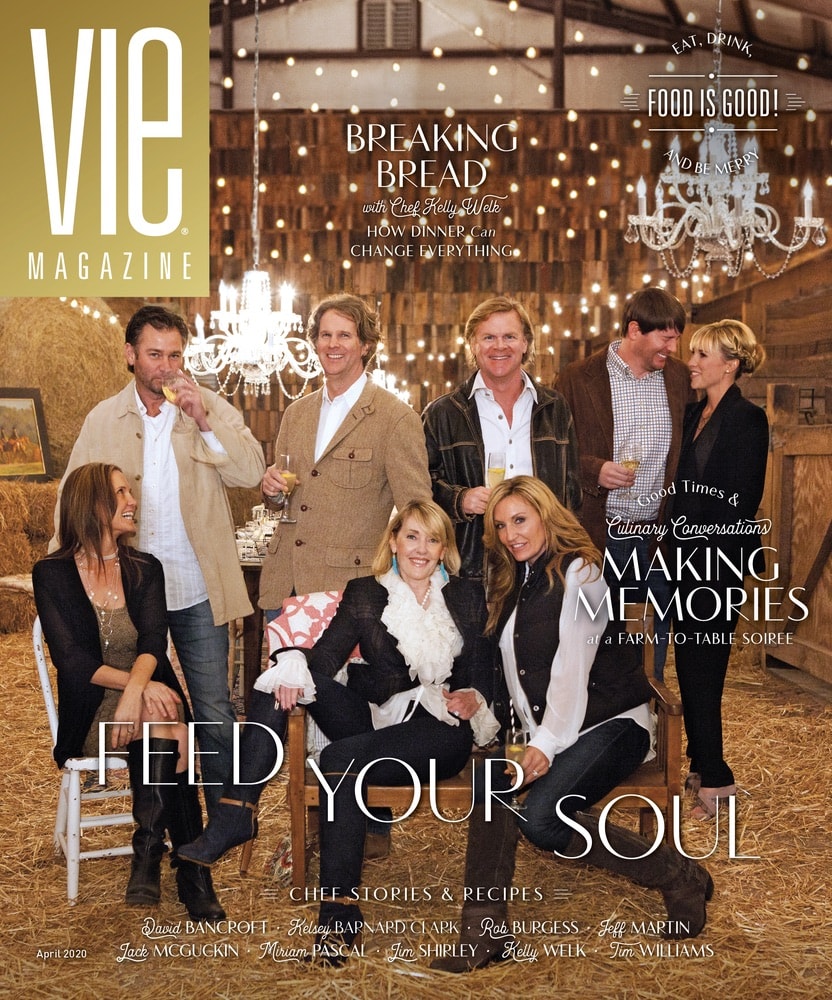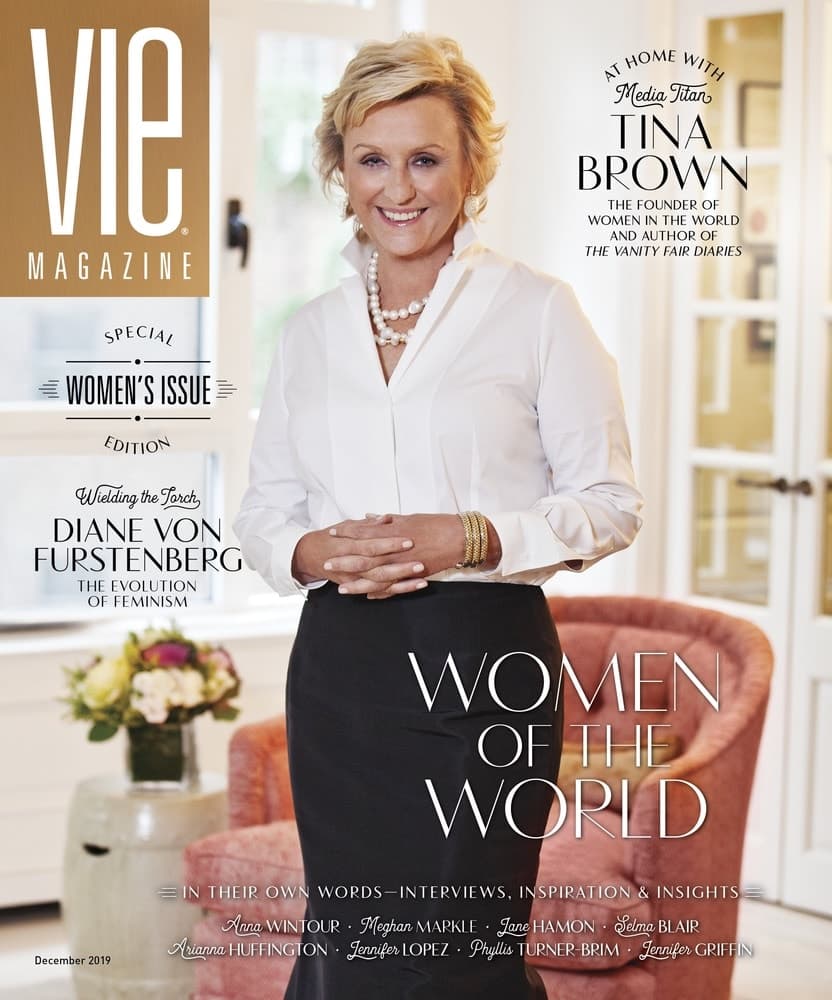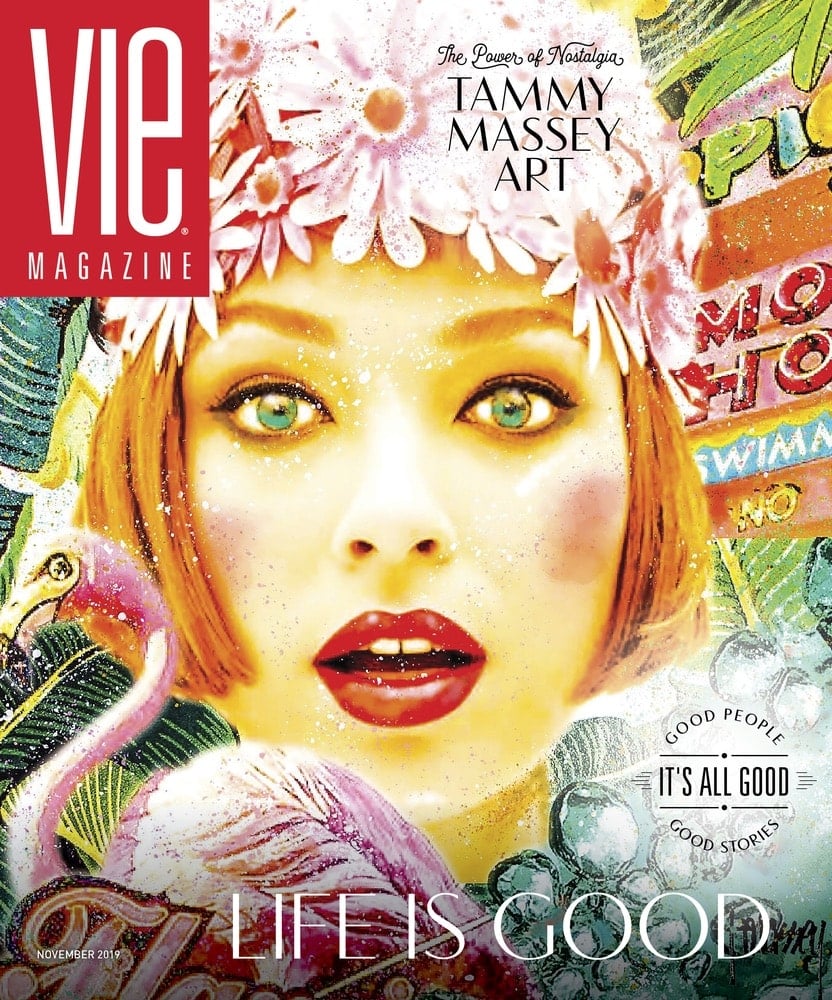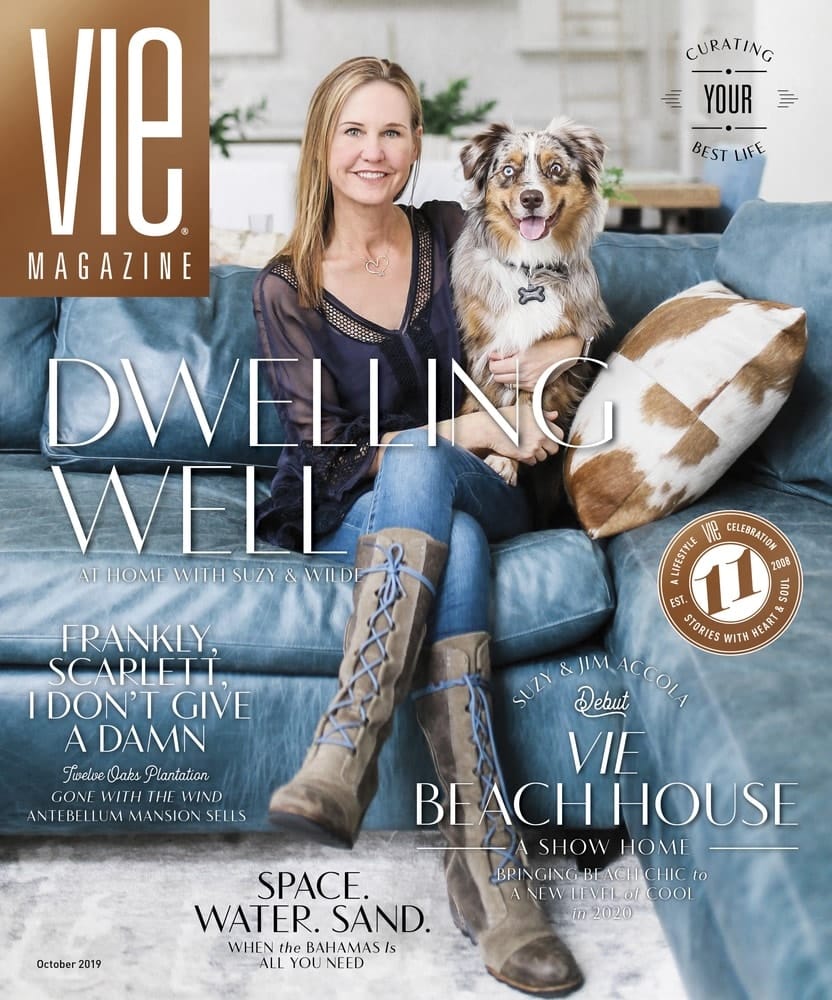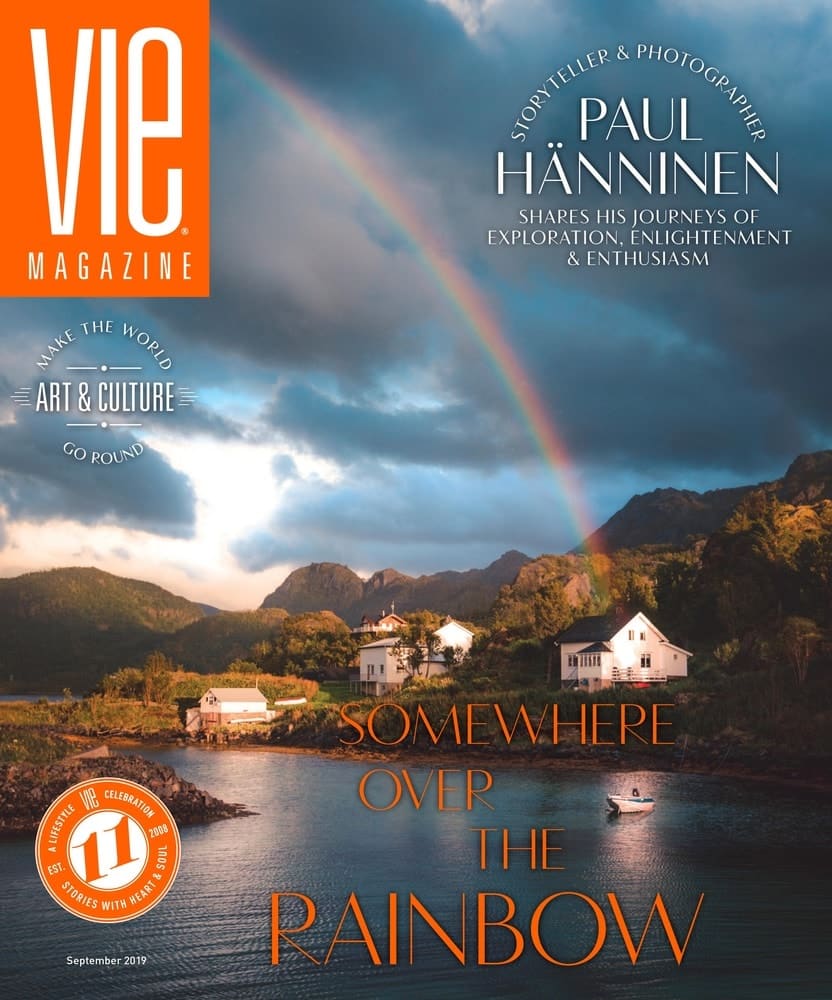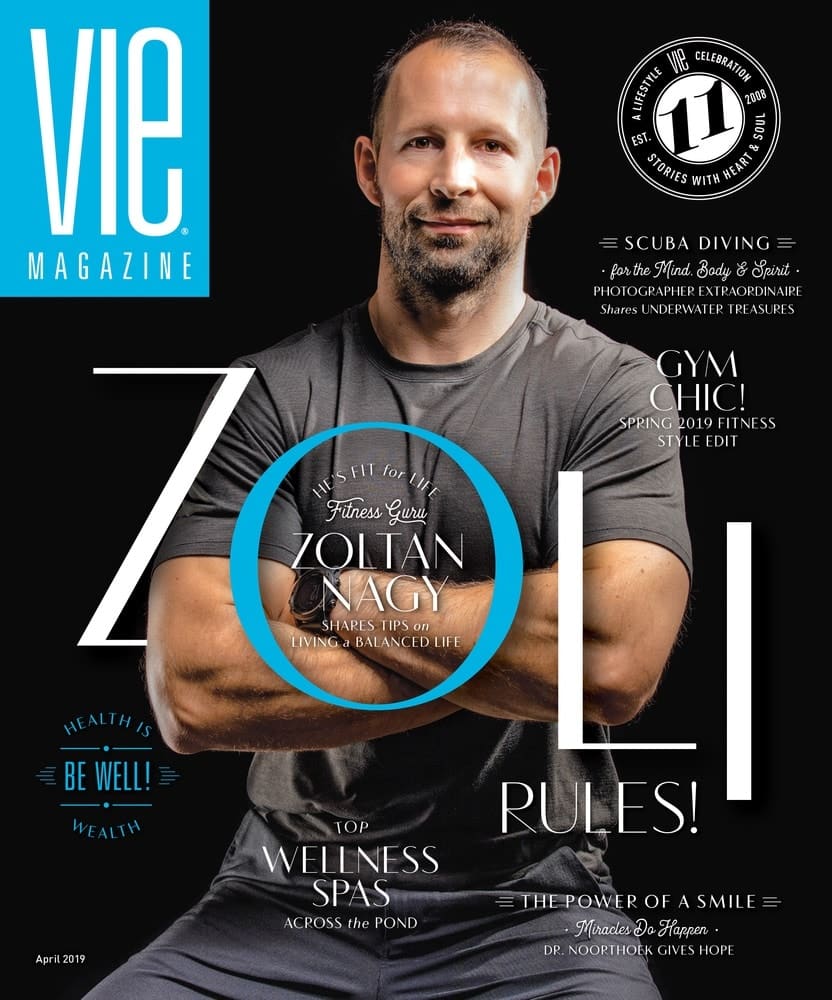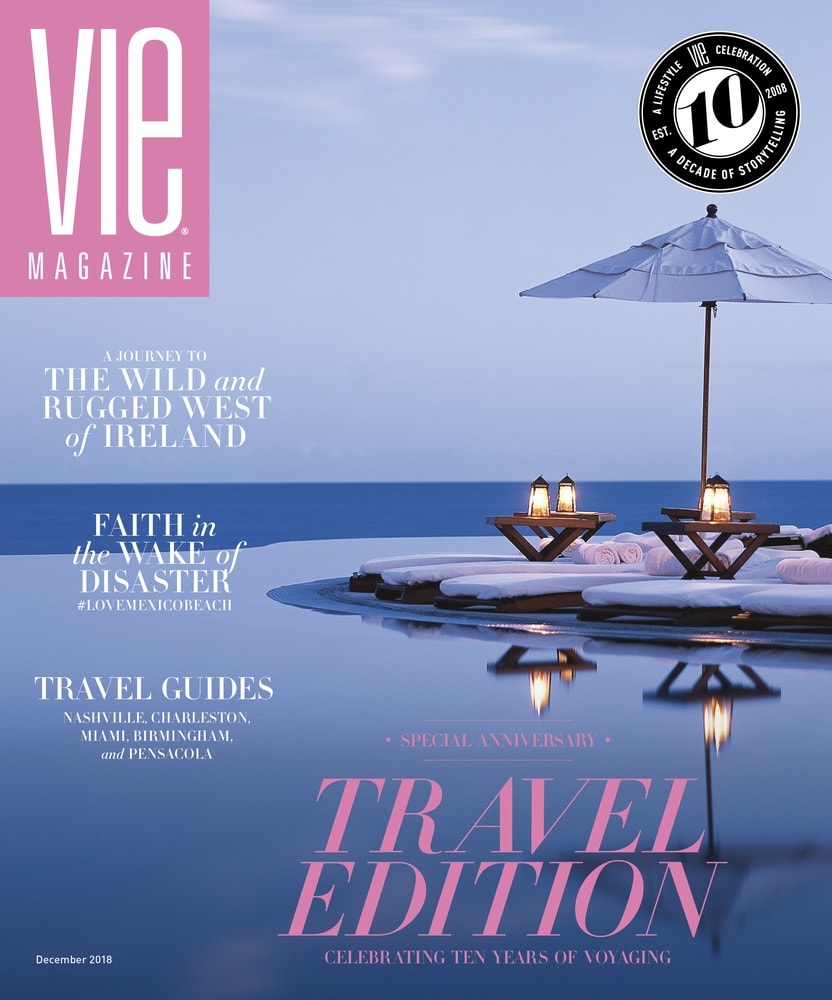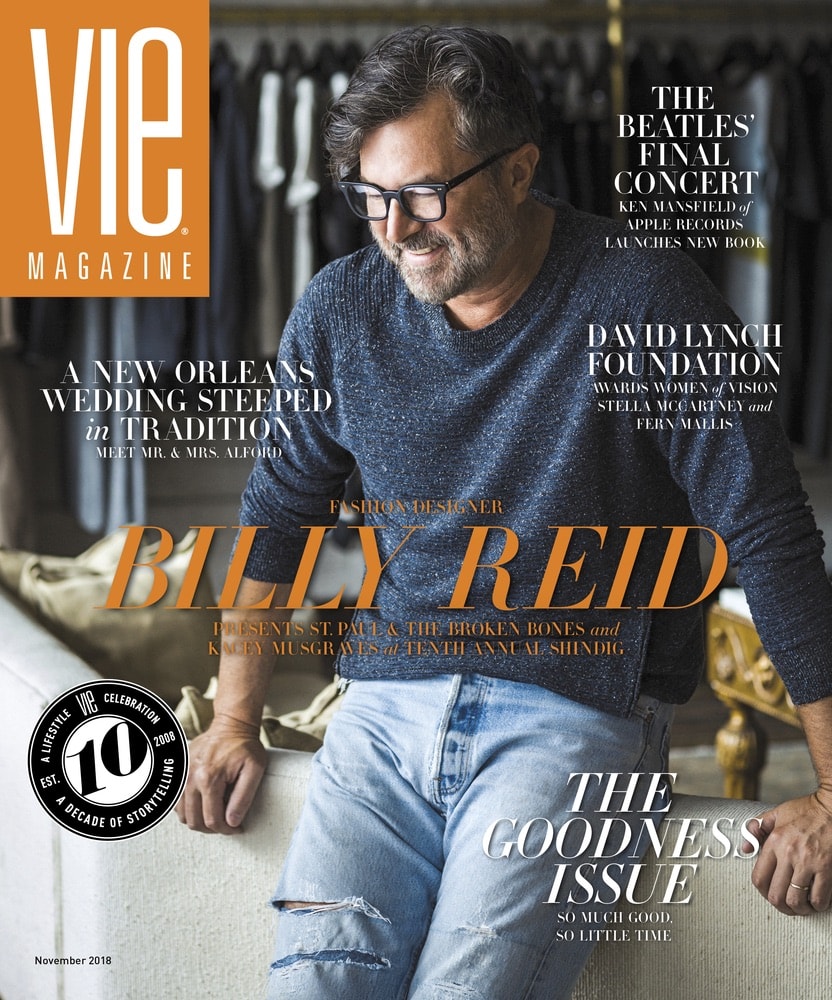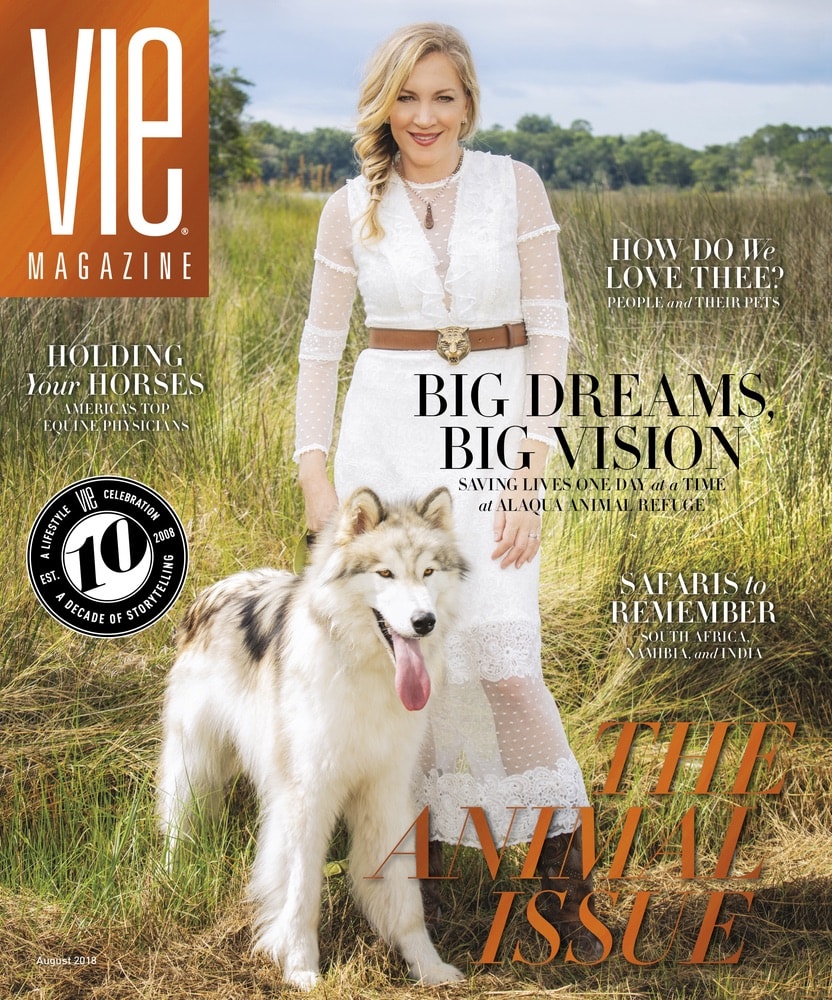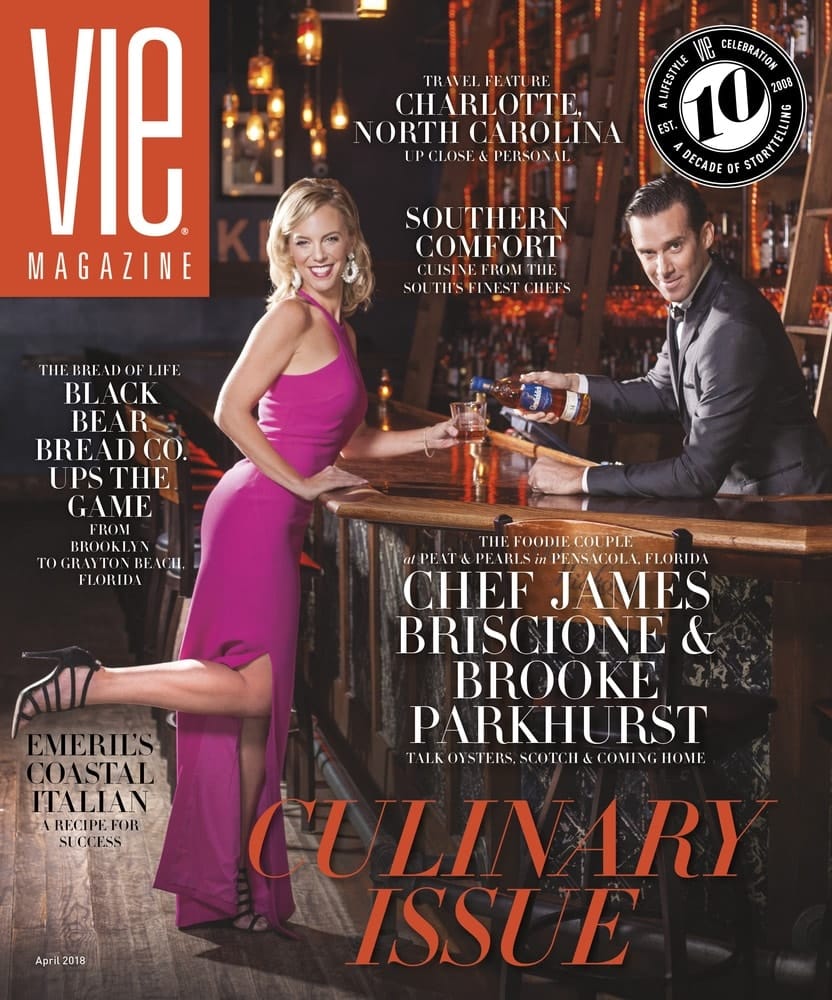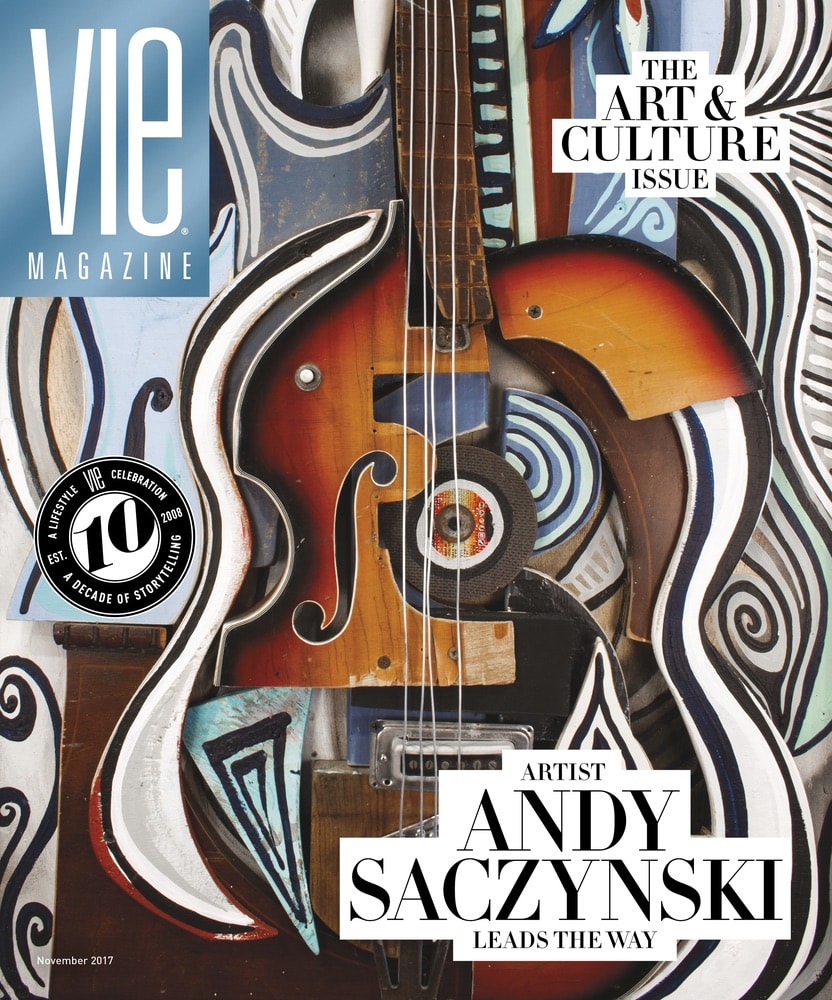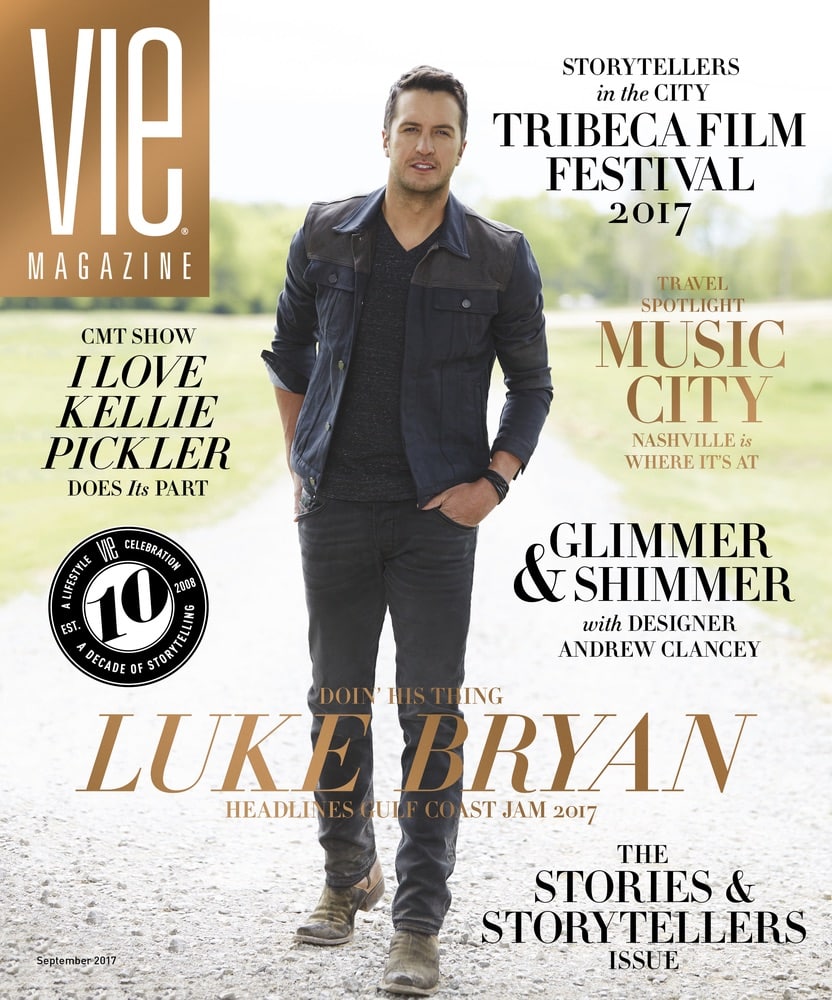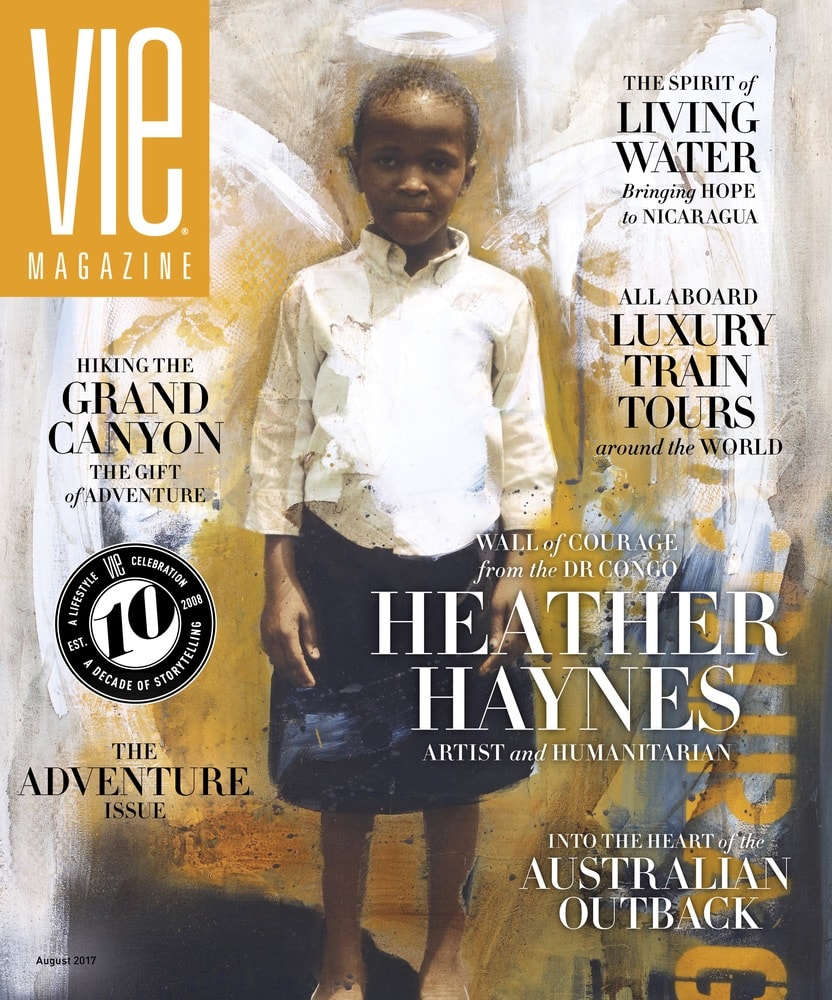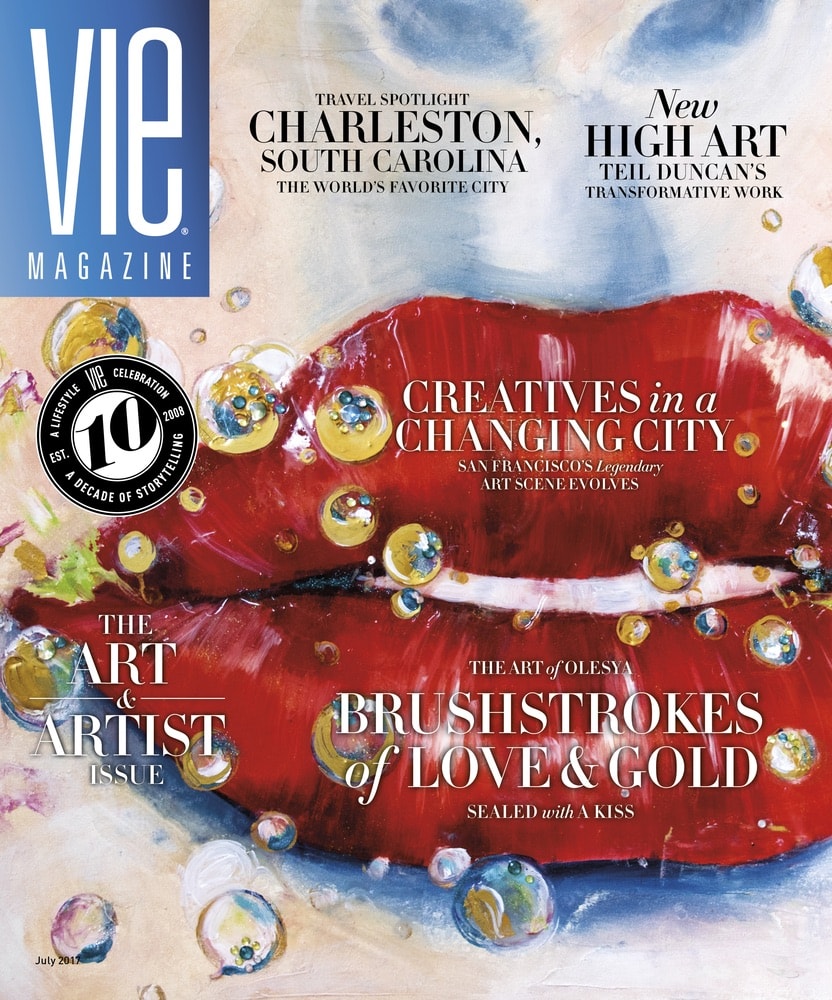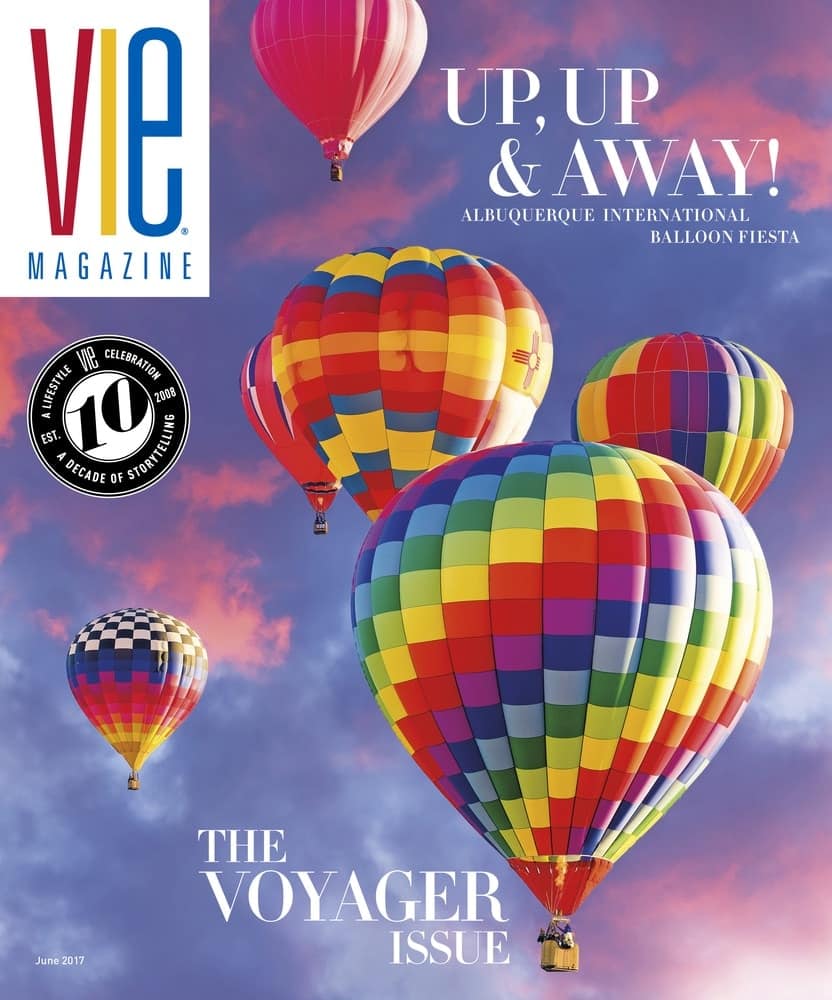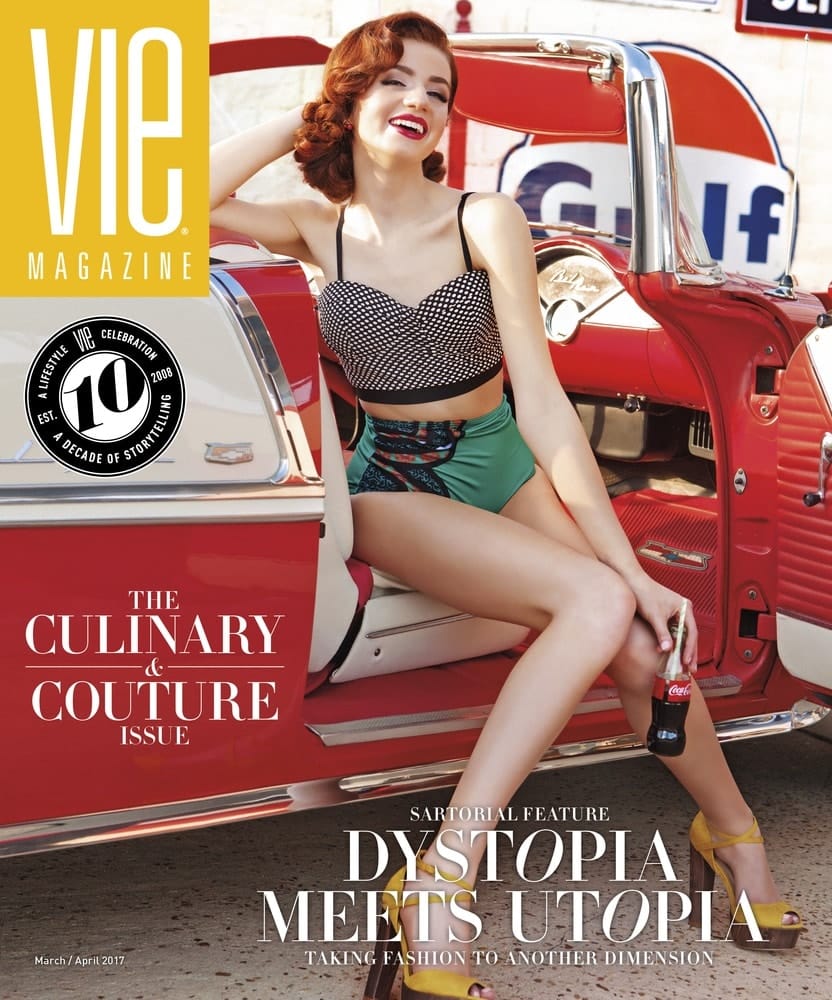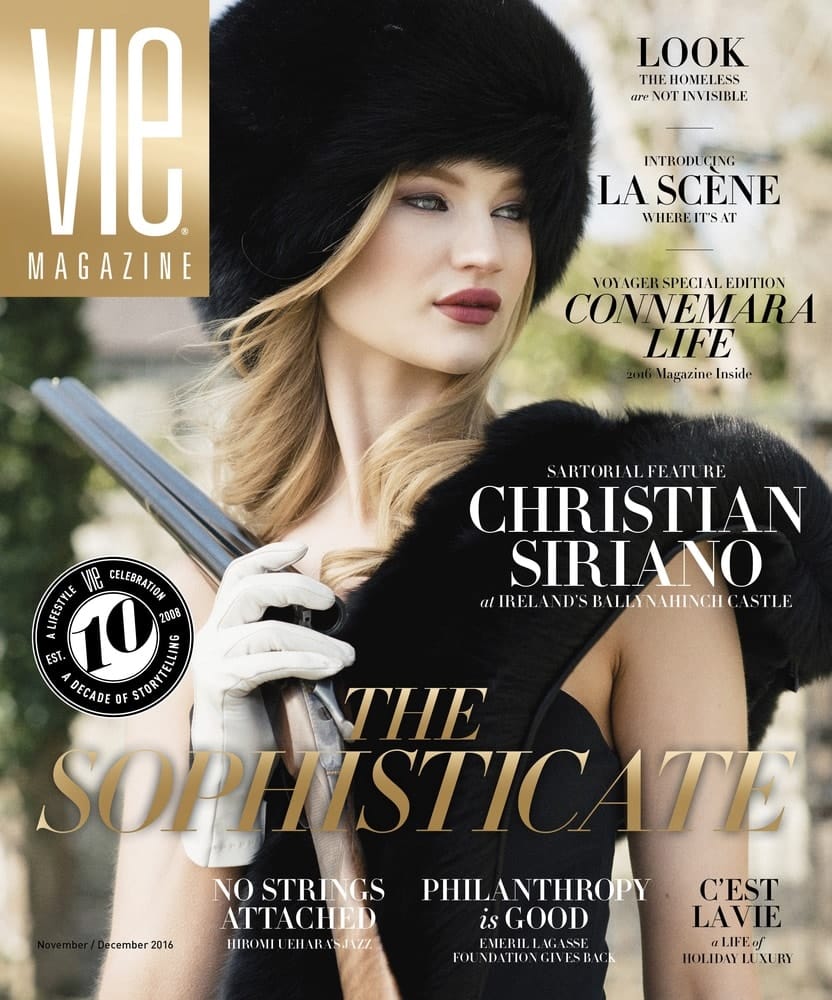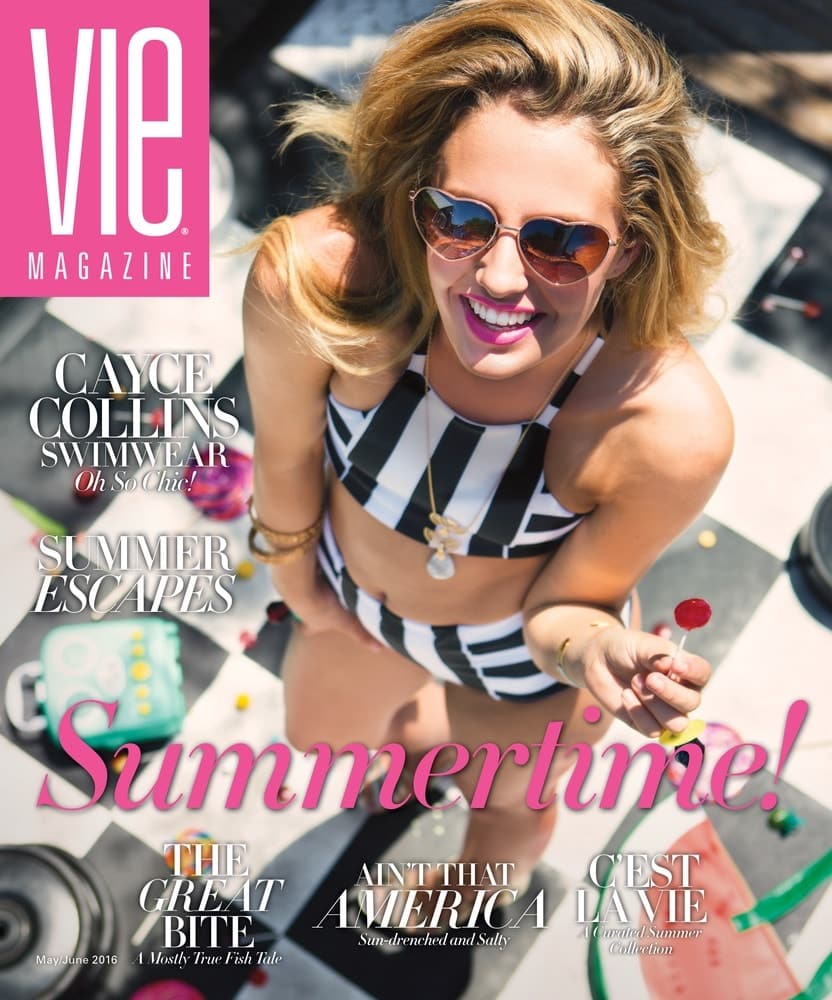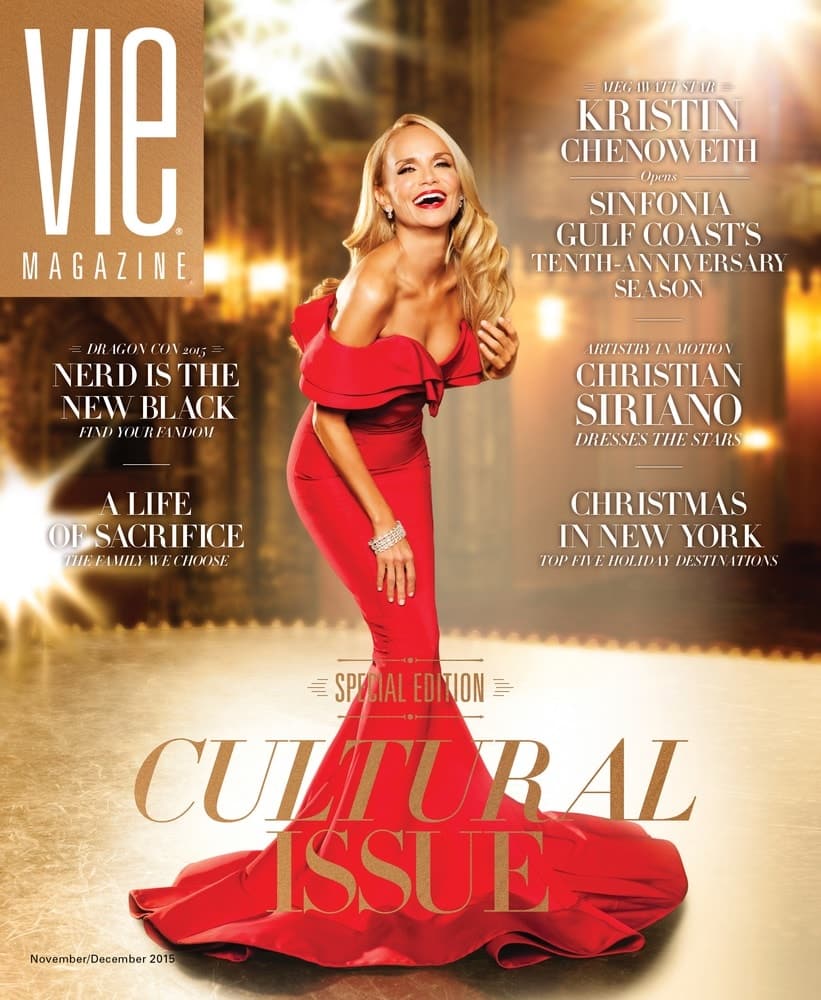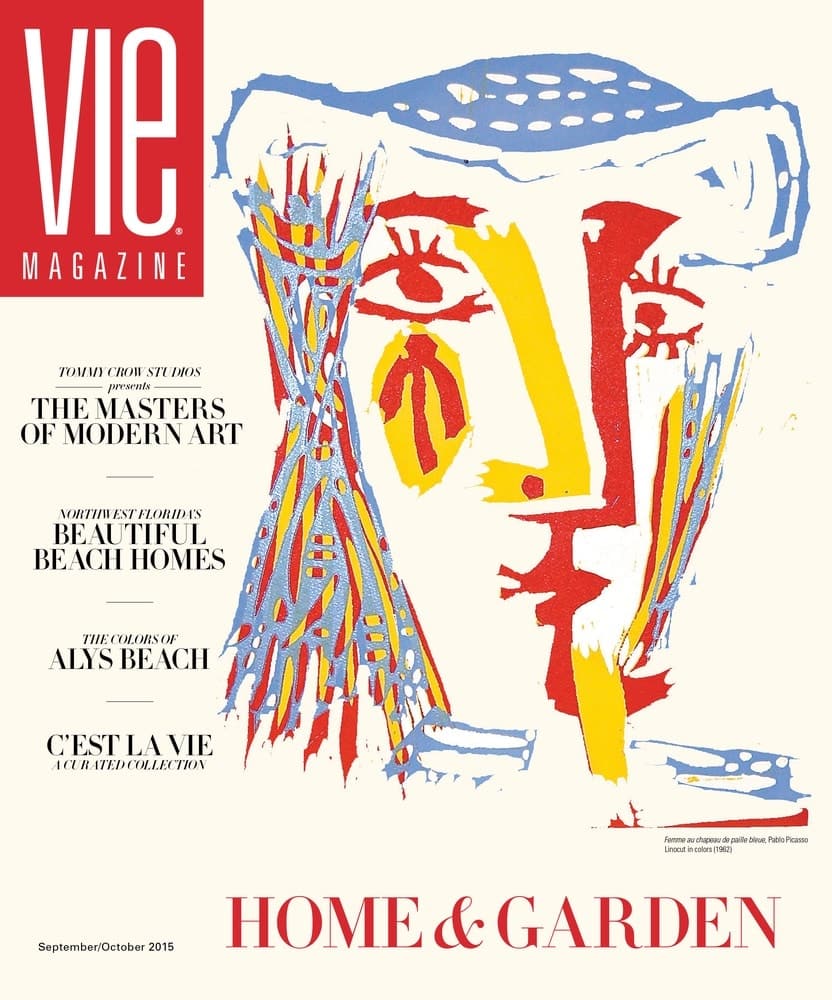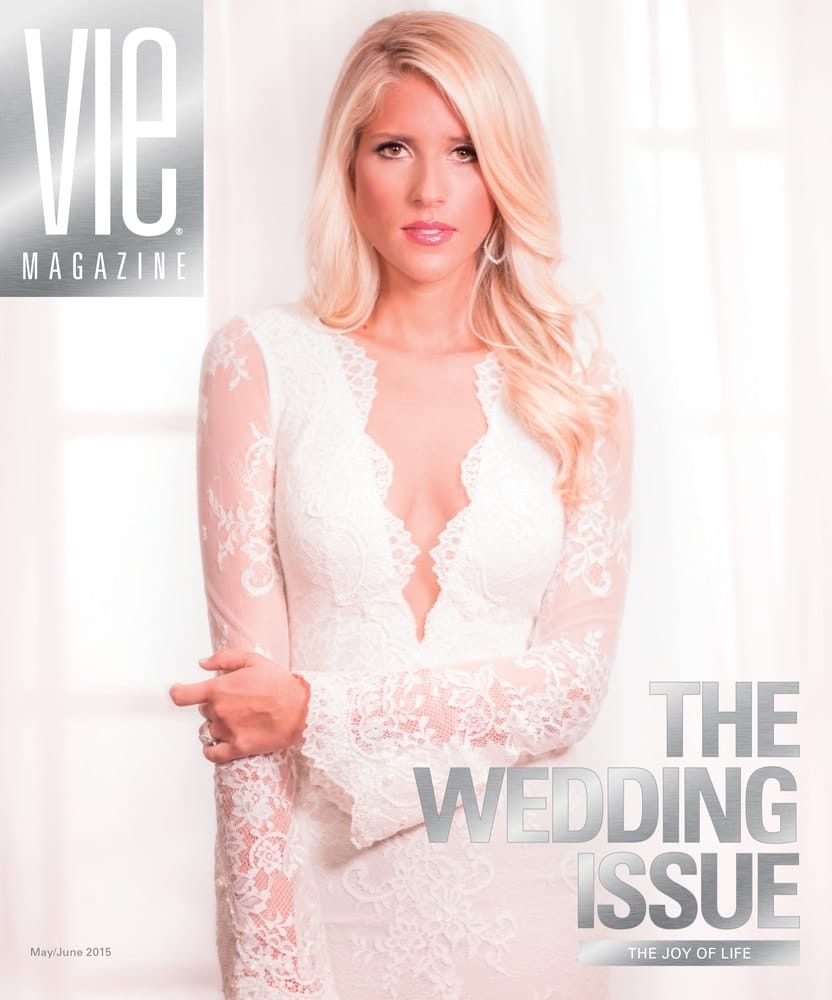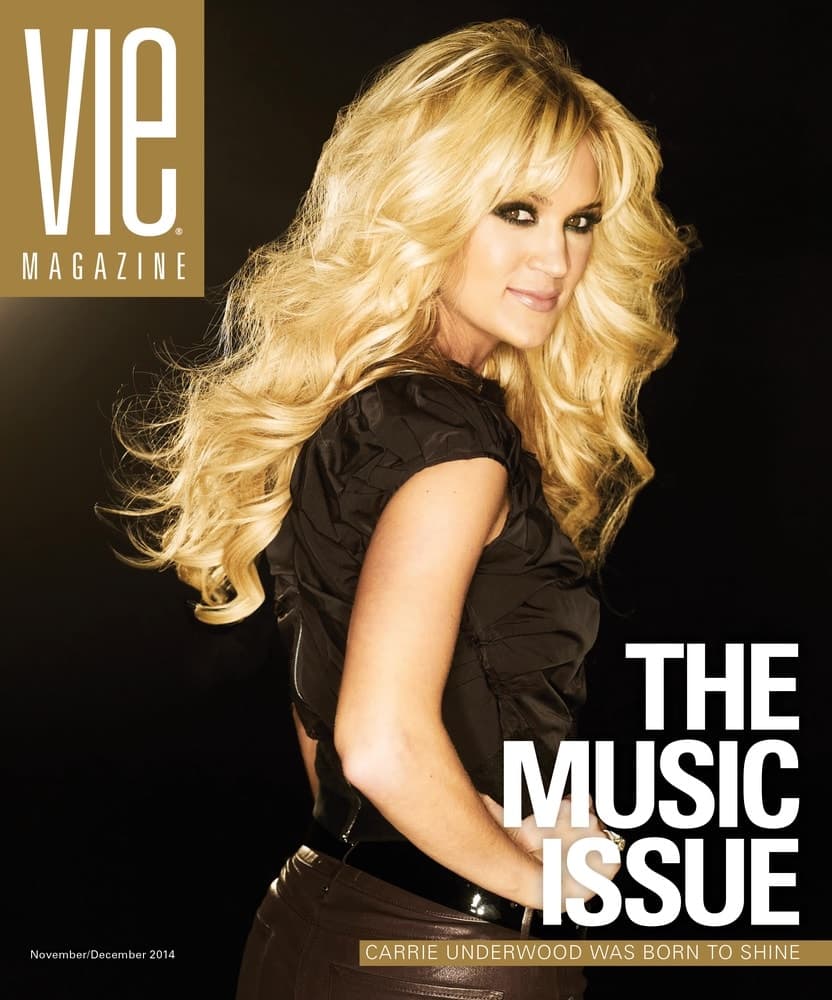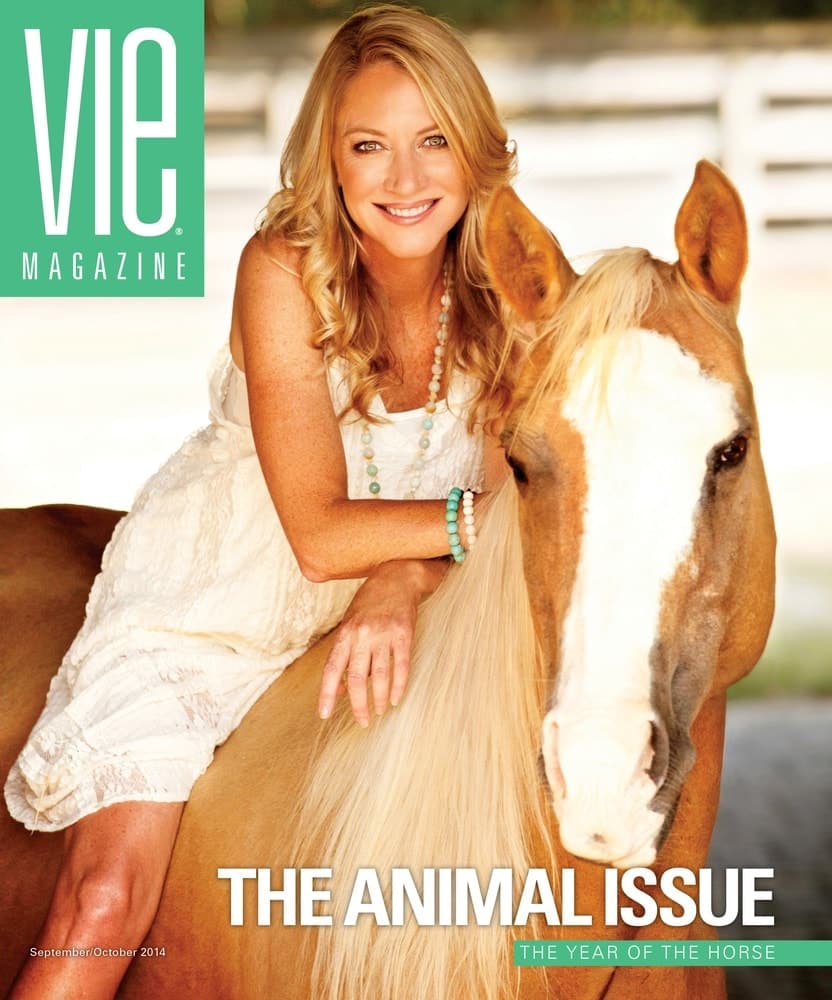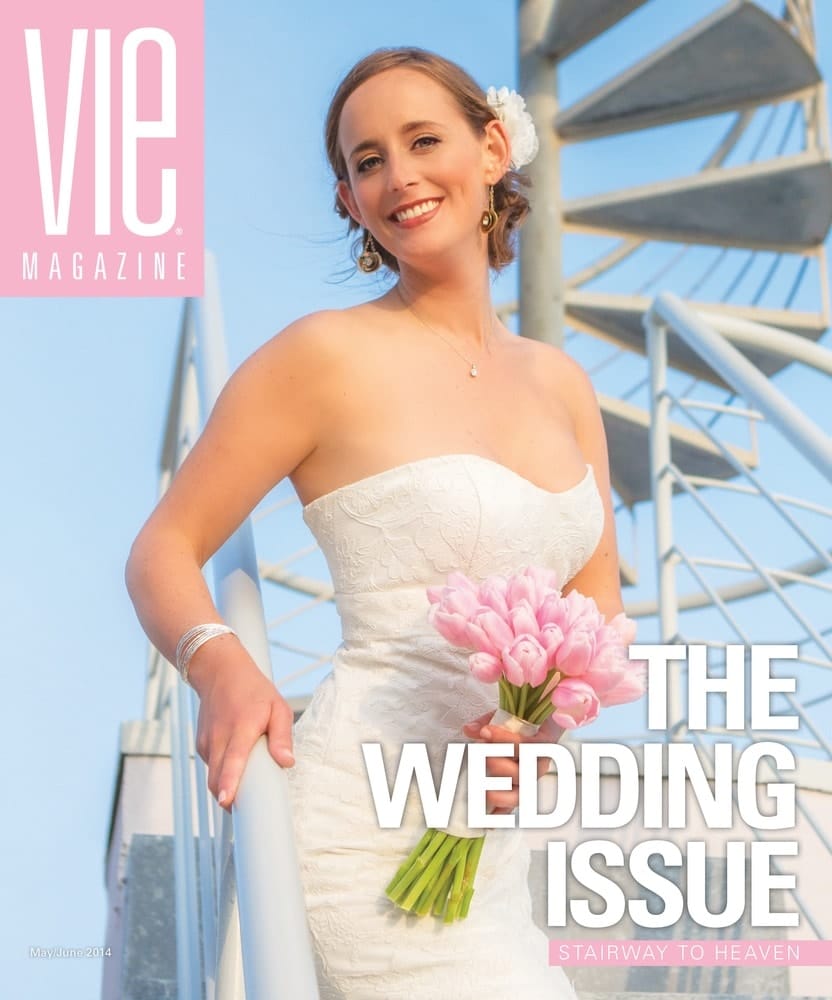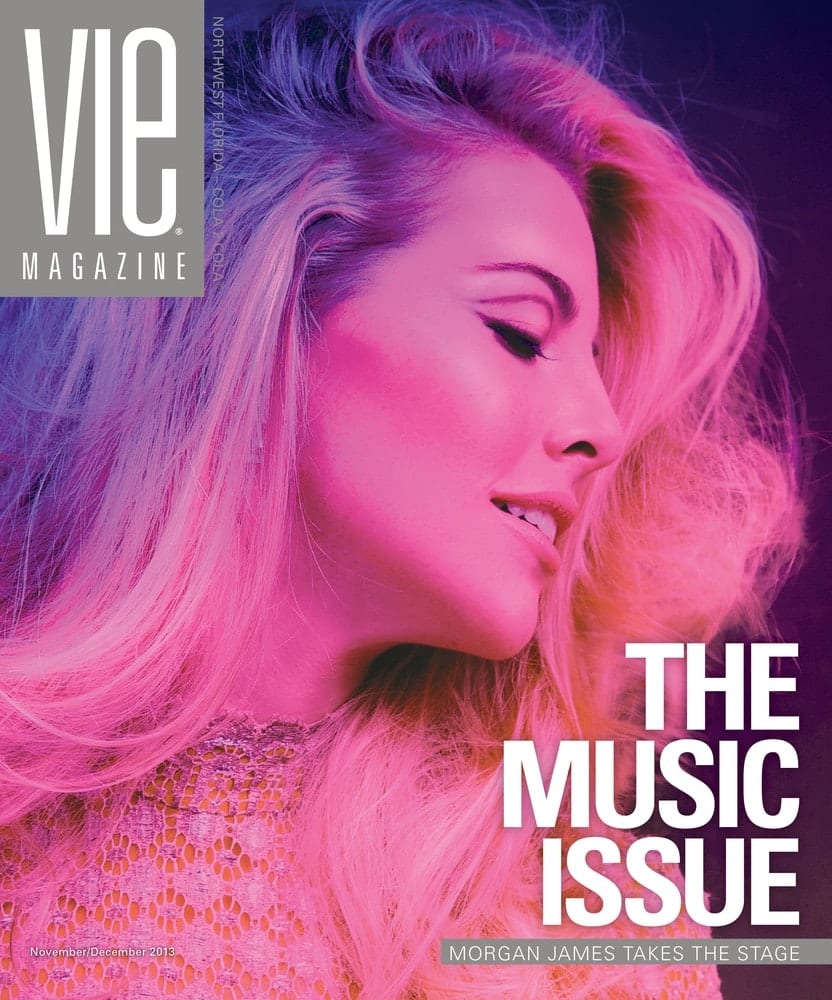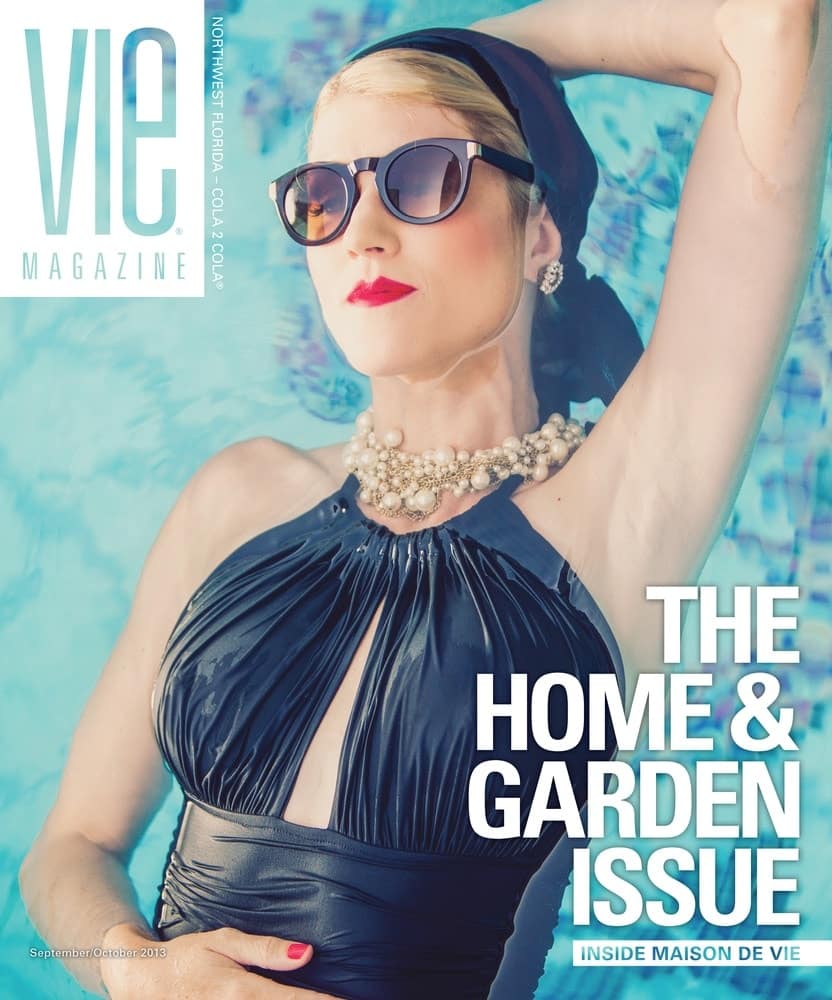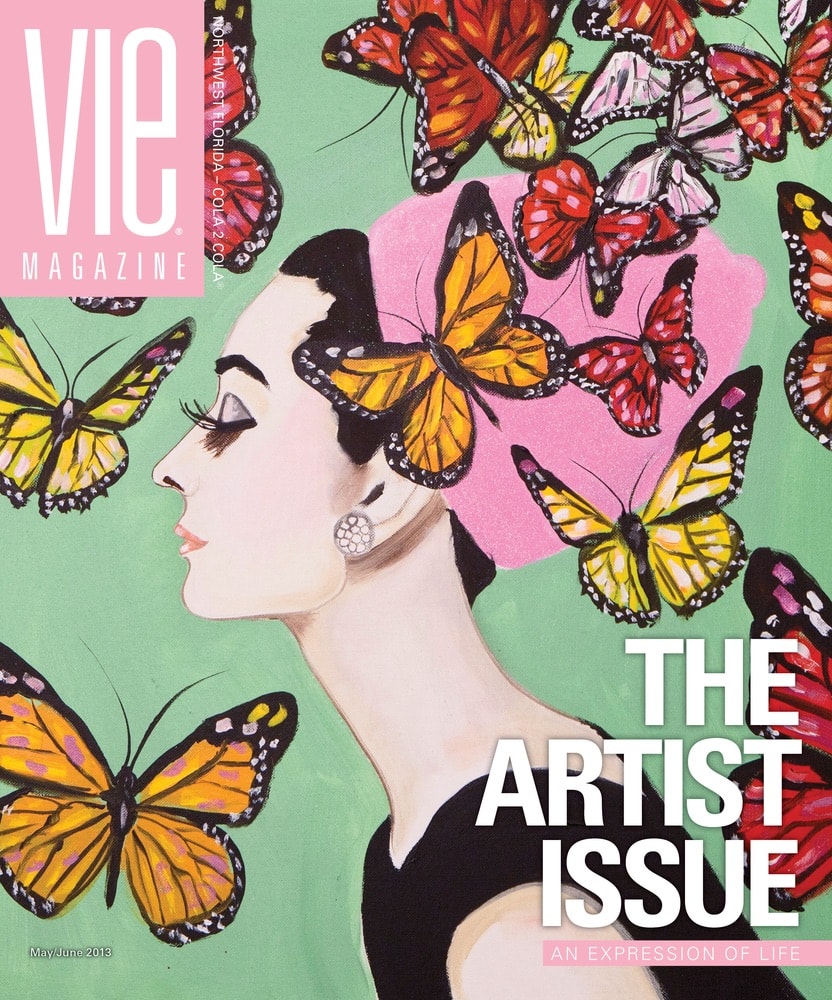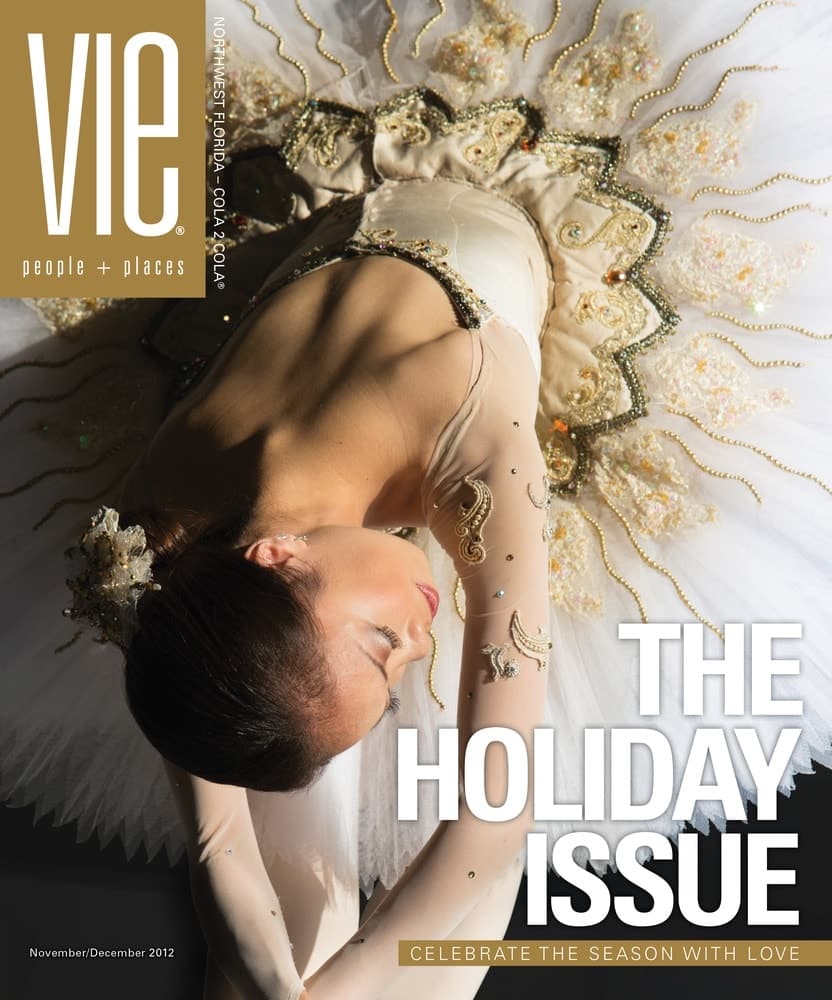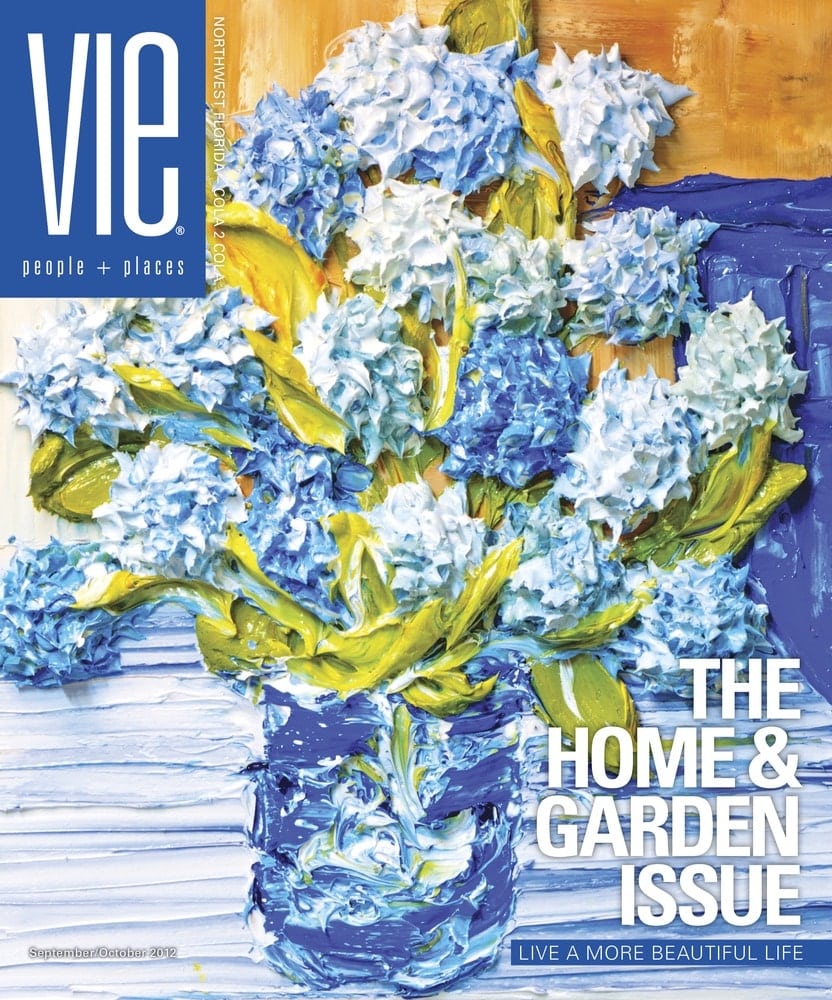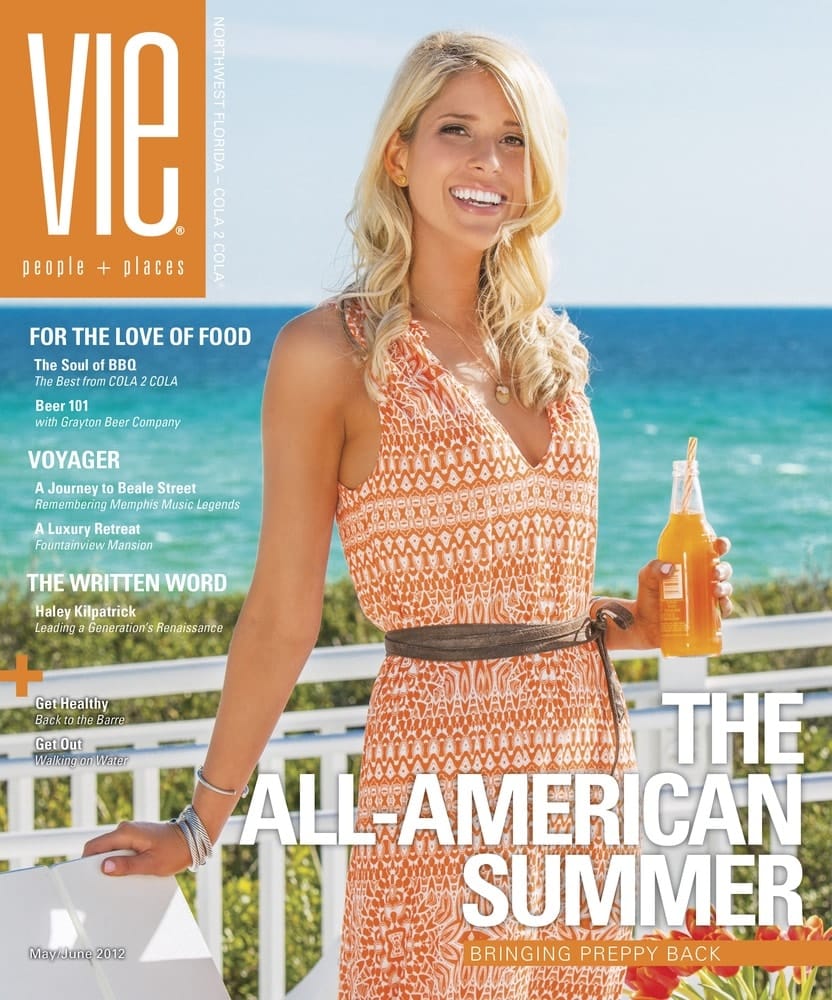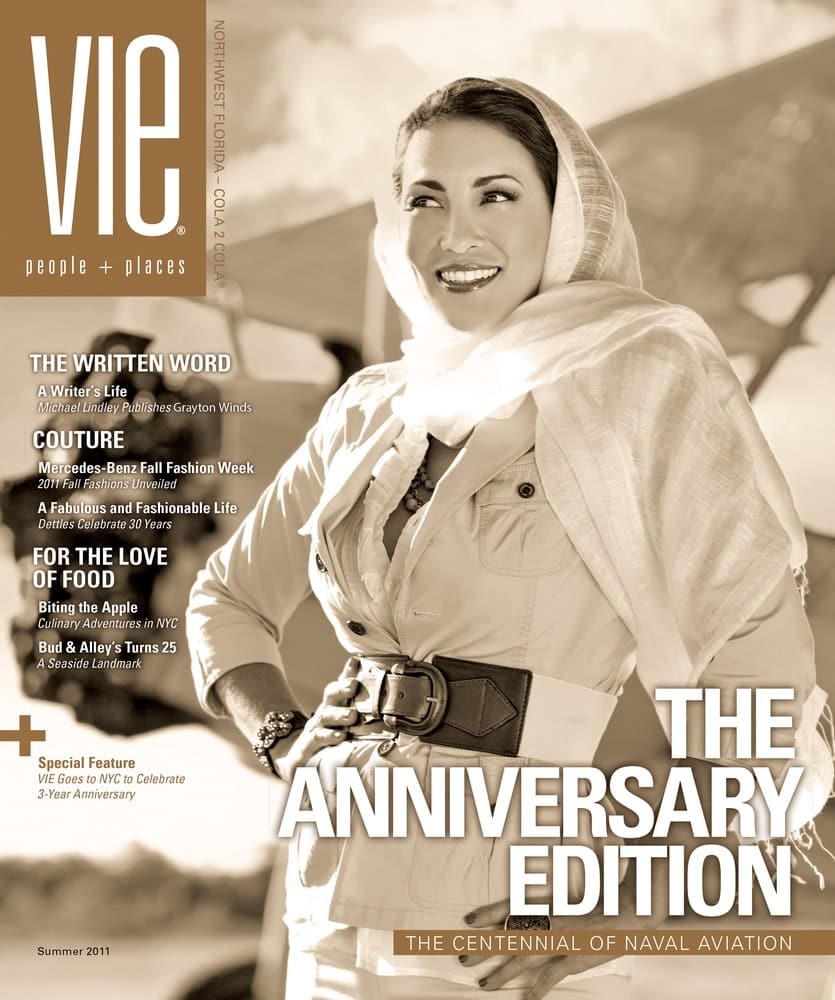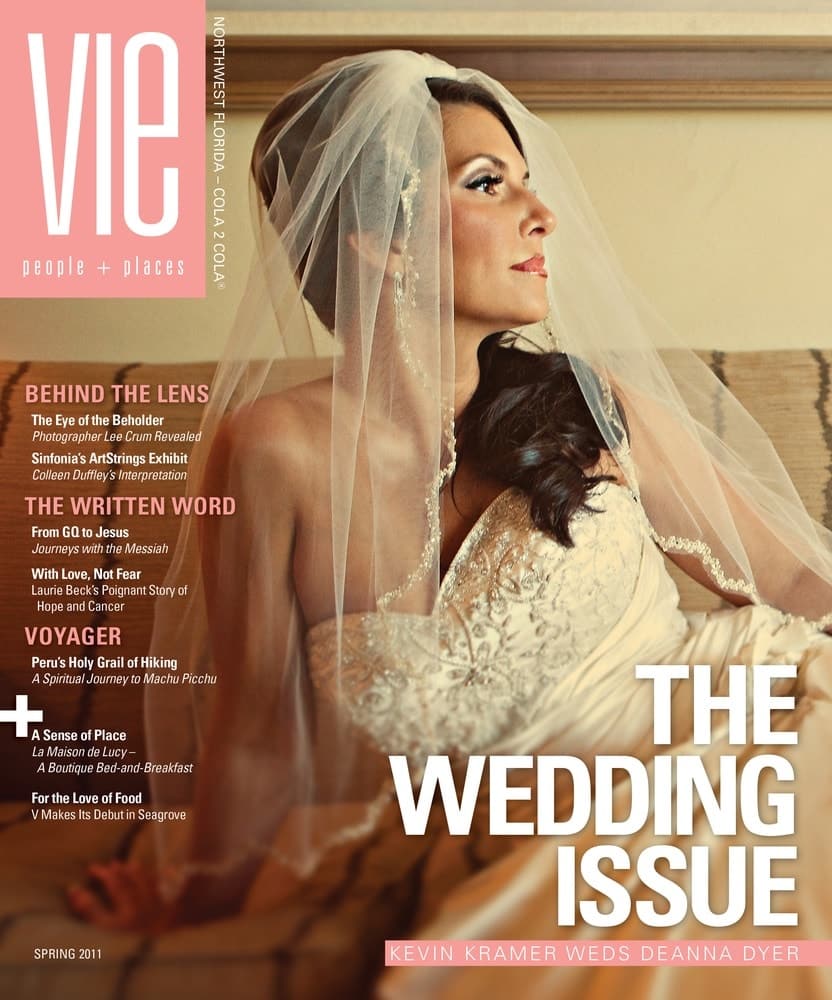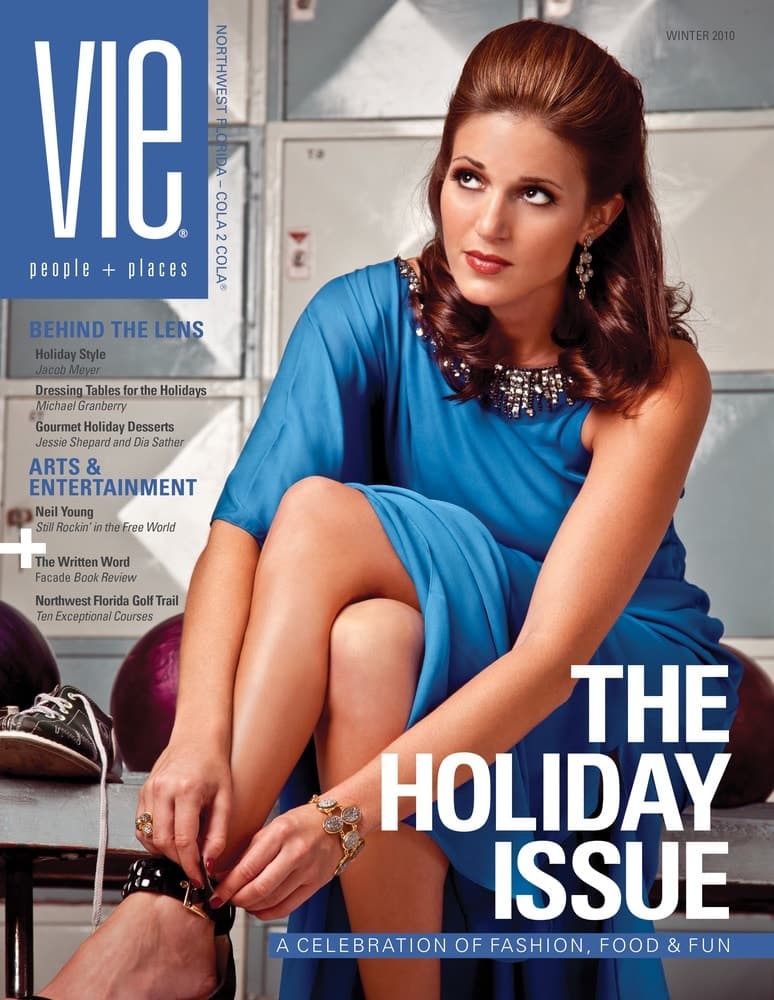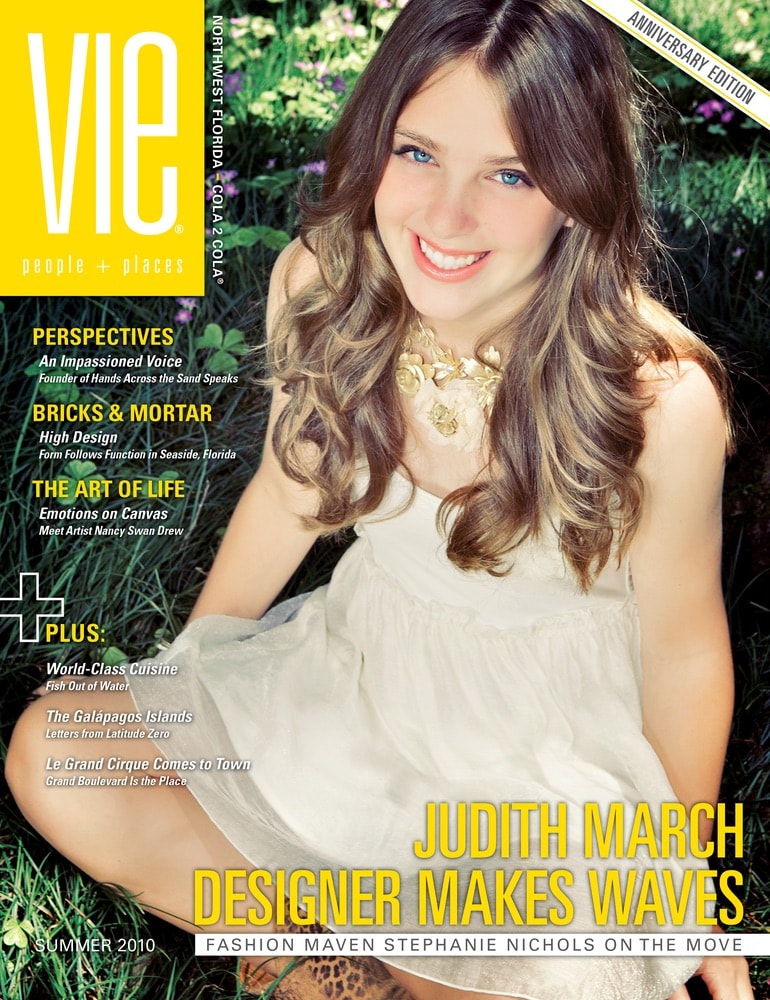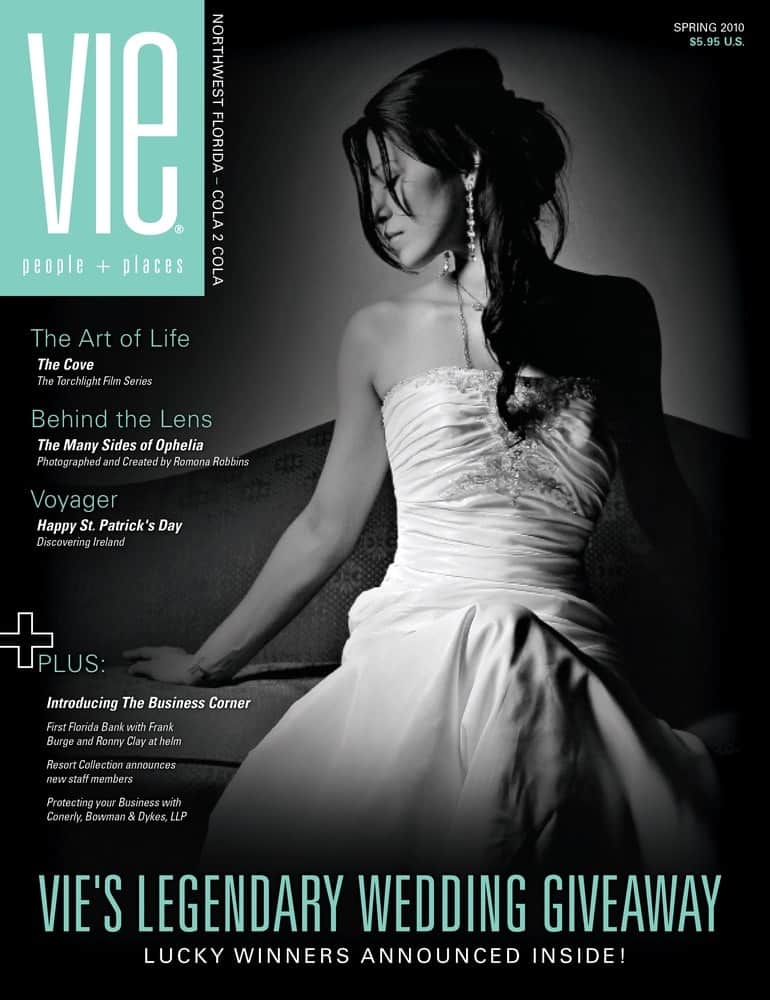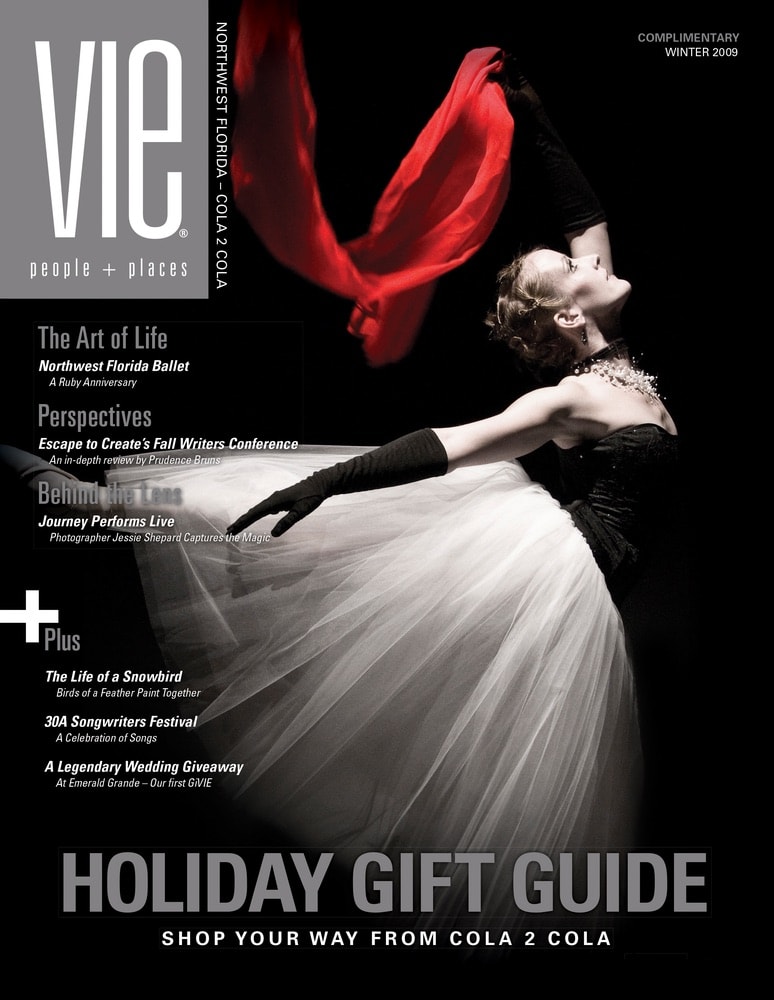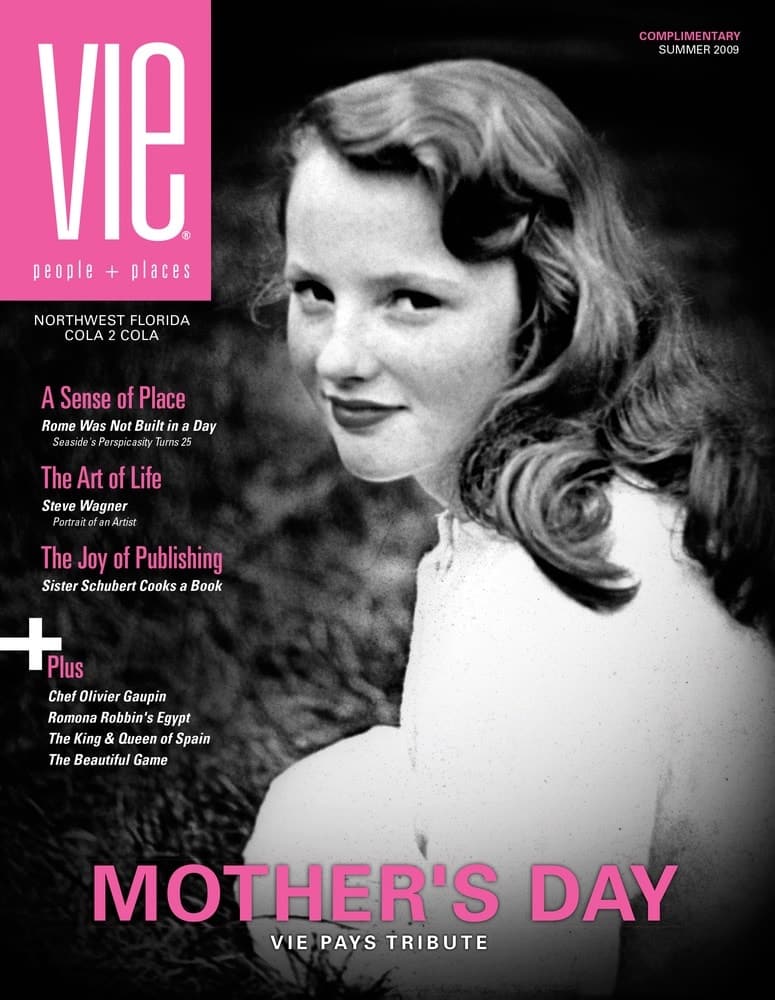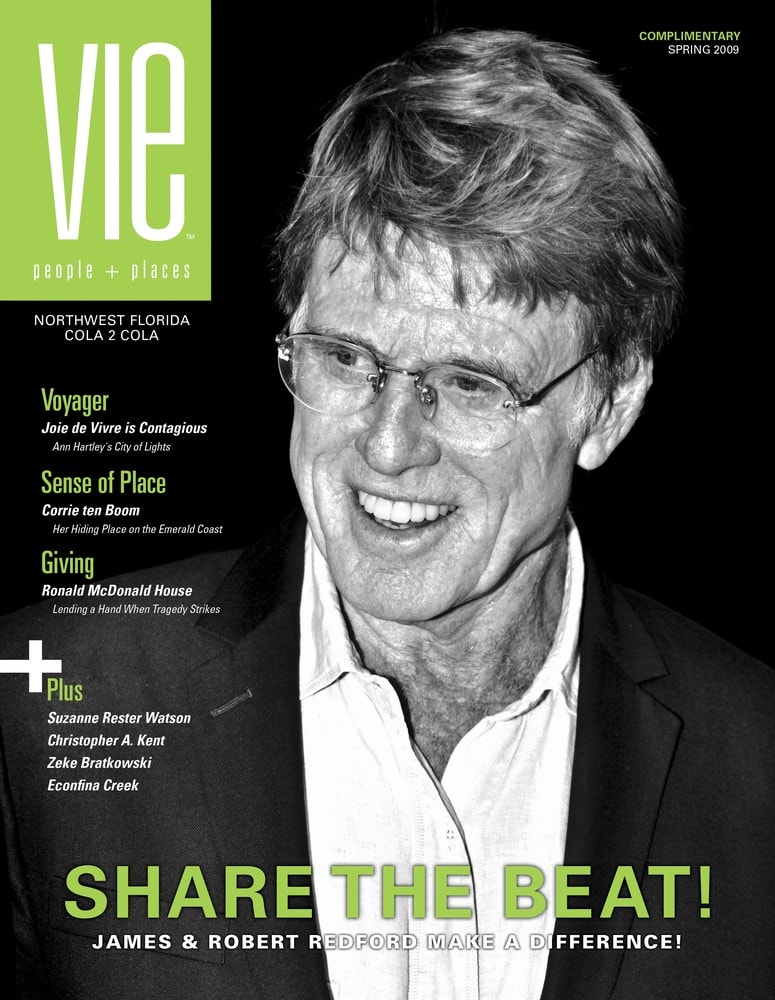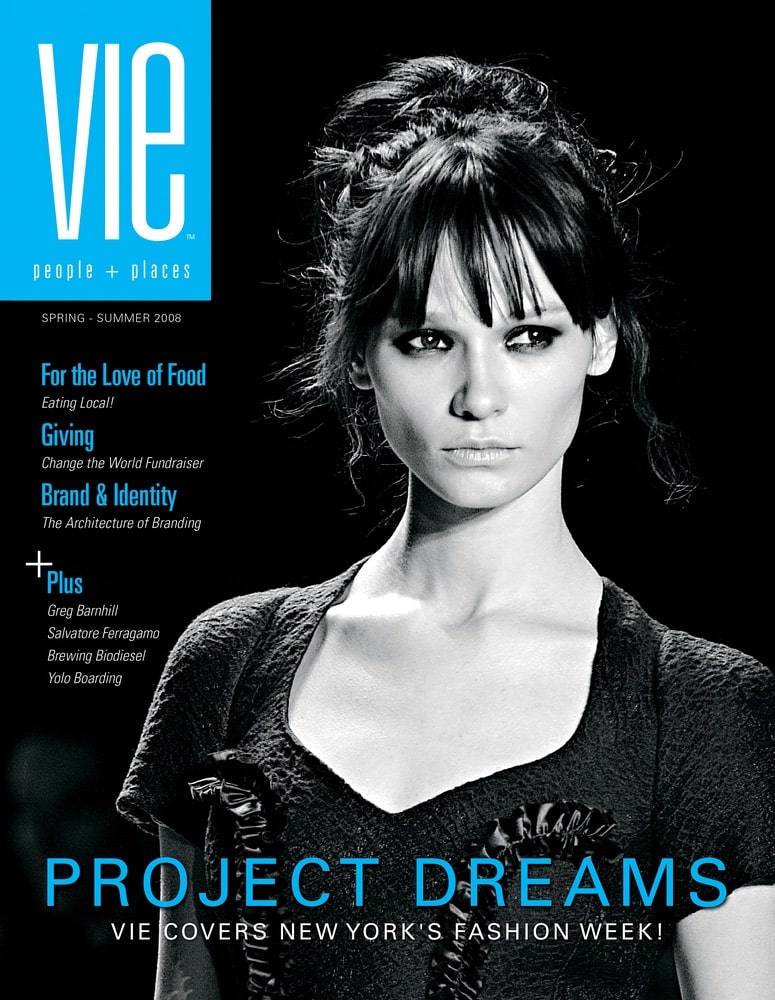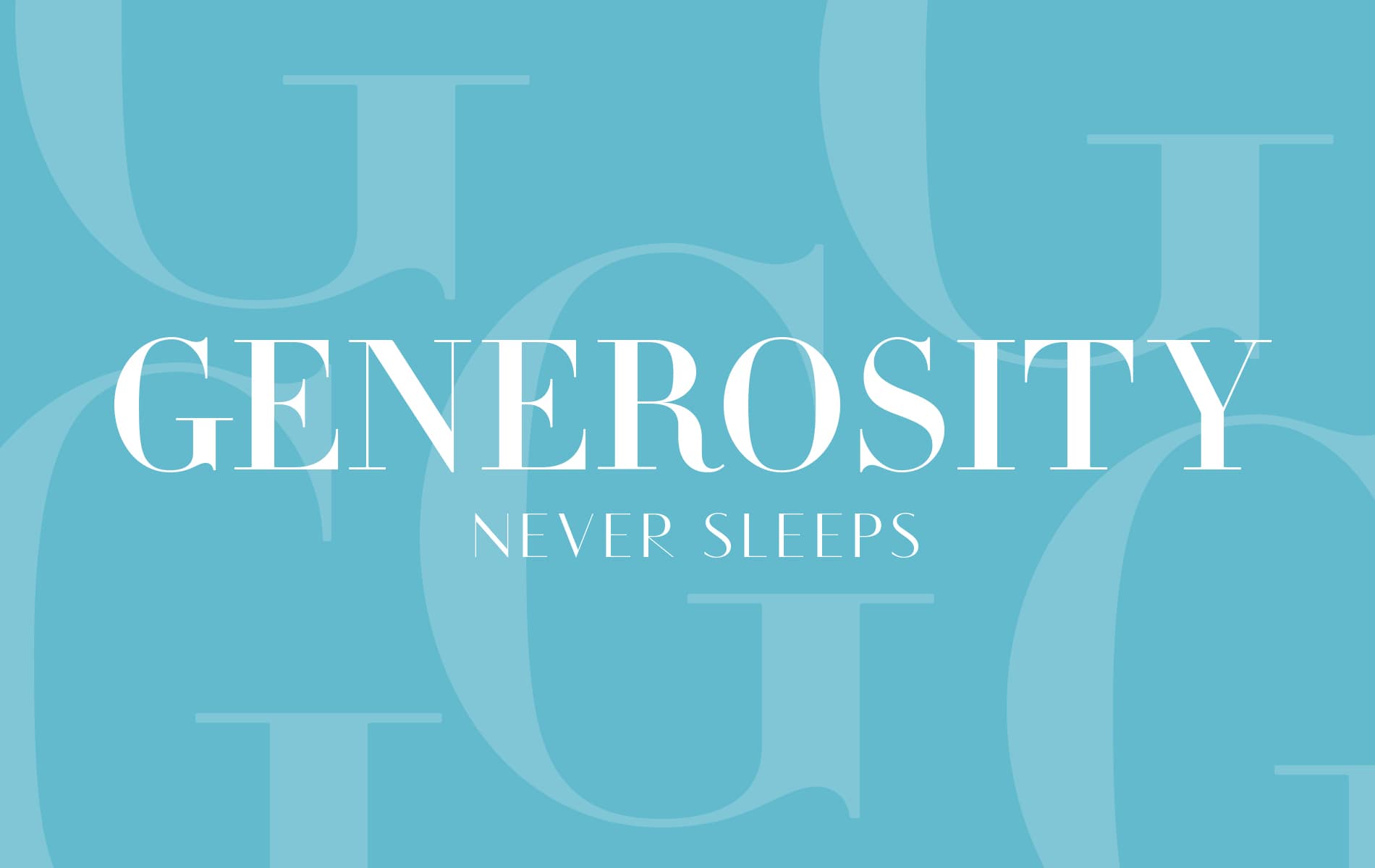
vie-magazine-suzanne-pollak-hero-min
Generosity Never Sleeps
By Suzanne Pollak
Why are there no schools for generosity? Few of us have training in the subject, and admiring this quality in others does not cause generosity to occur by osmosis. We might wish to be seen as magnanimous and compassionate by ourselves and others, give in order to be admired and accepted by our community, or be motivated by the good we expect will return to us. But these are just the beginnings.
Once, twice, or perhaps thrice in a lifetime a teacher might show up at the moment when you most need to learn. My teacher, Dr. Mark Brady (author of books and a blog called The Flowering Brain), appeared to me by accident, armed with weekly lessons in generosity. That’s when I wondered why the subject does not exist as a neurobiology course in schools.
Imagine if we learned about the power of cultivating generosity? The changes that happen in our brain’s wiring—to the way we think, act, and perhaps design our lives—are astounding once we begin a practice. Generosity is a subject in which we can become more proficient. It may start with self-centeredness, but our capacity grows as we move away from that center toward other, more genuine motivations. The movement to selflessness often involves a gradual maturation. It takes time, and we all must begin exactly where we happen to find ourselves at the time.
Mark maintains that those who give benefit as much, if not more, than those who receive. When I understood that principle, I stopped being afraid of one of my jobs (asking for money) as development director for the Charleston to Charleston Literary Festival. Mark’s observations played out in real life. Some people give to be seen, while others don’t want any recognition at all. My role was to make a significant contribution to all donors’ practice of generosity!
I learned from Mark that giving is a path of learning to let go and that the act fosters a strong desire to achieve something great. Aspiring to generosity grows the capacity to give of oneself in a wide range of creative ways at the material, neurobiological, and spiritual levels. Skilled generosity means we are willing to give without hesitation and without obstacles. It means we know when it’s appropriate to give, which requires discrimination.
There are no prescriptions for giving. In holding our money, we possess power. By giving our money, we exercise that power. A former close friend told me he was proud that he has never written a check to charity. Now I wonder what his brain wiring looks like. He had power because he possessed money, but so what?
Another friend exercised that power. The biggest tent maker in the world believed he was put on earth to help the bottom billion. He does this by knowing what is happening, then showing up and doing what needs to be done. That’s where his wisdom lies. After the hurricane in Haiti, he built beautiful houses and made villages on acres of cleared rubble. He and his team fly to global disasters on a moment’s notice to offer immediate, hands-on help while the Red Cross twiddles its thumbs.
The movement to selflessness often involves a gradual maturation. It takes time, and we all must begin exactly where we happen to find ourselves at the time.
Expressing generosity can take many forms in time, talent, and treasure. My seven-year-old grandson spends time reading books to his Siamese fighting fish. My nephew in New York has the talent of observation, empathy, and manners and used them to help an older lady get through shoving crowds on the subway stairs. I heard through the grapevine that one of my sons regularly brought lunches to the kitchen staff at his favorite restaurant. His generosity was the staff’s lunchtime treasure.
What is the true power of one? When we give, simply because a need exists, self-satisfaction is nowhere to be found.
I have a friend who heard of a woman who had no food to feed her small children. My friend drove to the other side of Charleston, a dangerous side of the city, to deliver food. She met the children and saw how much else was needed, from a playpen to extreme dental needs for their mom. She took this on and, within two months, the mother had dental implants (from a dentist who donated $12,000 of work) and now feels comfortable smiling and applying for a job. My friend changed the trajectory of this woman’s life. Can the ripple effects of helping one person ever be measured?
My friend wants to remain anonymous. In fact, her husband told me the story.
Another friend changed the path of one person’s life by giving a nonprofit enough money to hire the person after they had been through a bad divorce. That first job, late in life, changed this person’s life. This friend and his wife prefer to remain anonymous too, but he is a man with a golden, melting heart inside a gruff exterior, and there is a golden halo circling his wife’s head.
These angels keep their wings hidden. Accolades make them uncomfortable. However, I think they need to be known to show the rest of us the way to go forward in our chaotic, confusing, and complex world. Unless donors can see clearly and unflinchingly that their health and wealth are completely dependent on numerous turns of good fortune, on the help and care of others, and on opportunities not available to everyone, then their acts of giving will be less than fully generous. We can start from self-centeredness but evolve with practice to a place where no ego is involved. Imagine a world where generosity never sleeps!
— V —
Suzanne Pollak, a mentor and lecturer in the fields of home, hearth, and hospitality, is the founder and dean of the Charleston Academy of Domestic Pursuits. She is the coauthor of Entertaining for Dummies, The Pat Conroy Cookbook, and The Charleston Academy of Domestic Pursuits: A Handbook of Etiquette with Recipes. Born into a diplomatic family, Pollak was raised in Africa, where her parents hosted multiple parties every week. Her South Carolina homes have been featured in the Wall Street Journal Mansion section and Town & Country magazine. Visit CharlestonAcademy.com or contact her at Suzanne@CharlestonAcademy.com to learn more. To learn more about the Charleston to Charleston Literary Festival, visit CharlestontoCharleston.com.
Share This Story!
KEEP UP WITH THE LATEST STORIES FROM VIE
